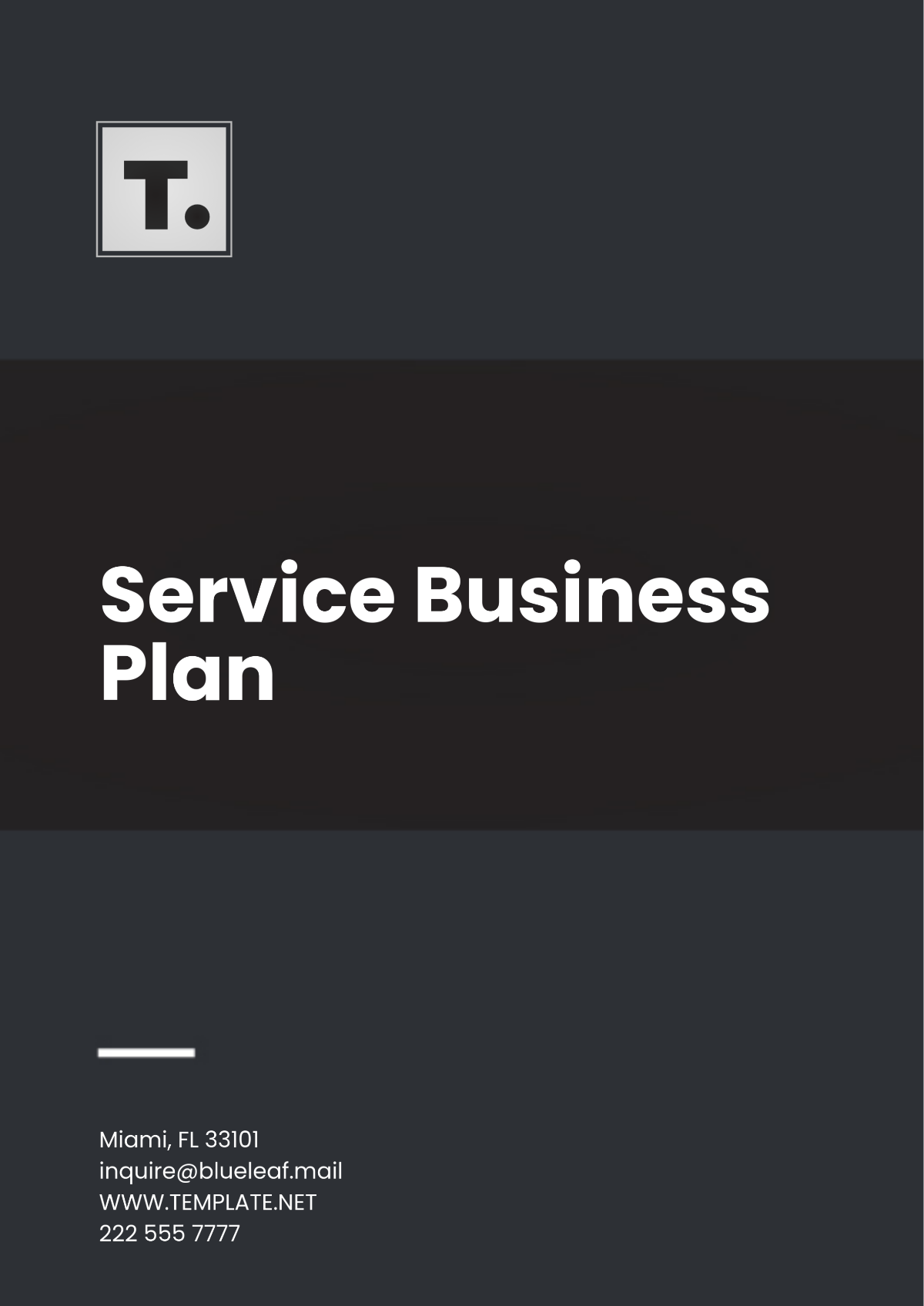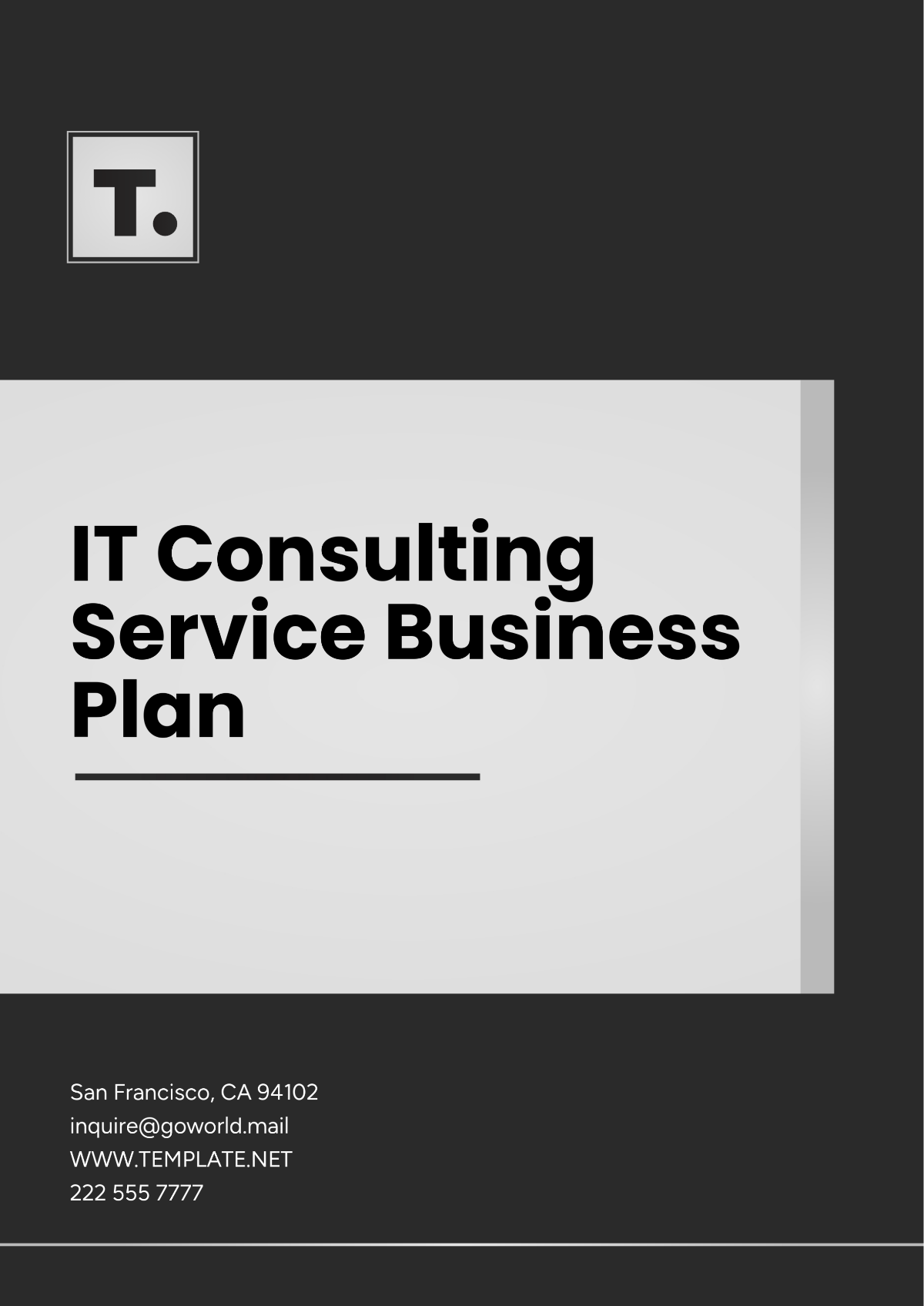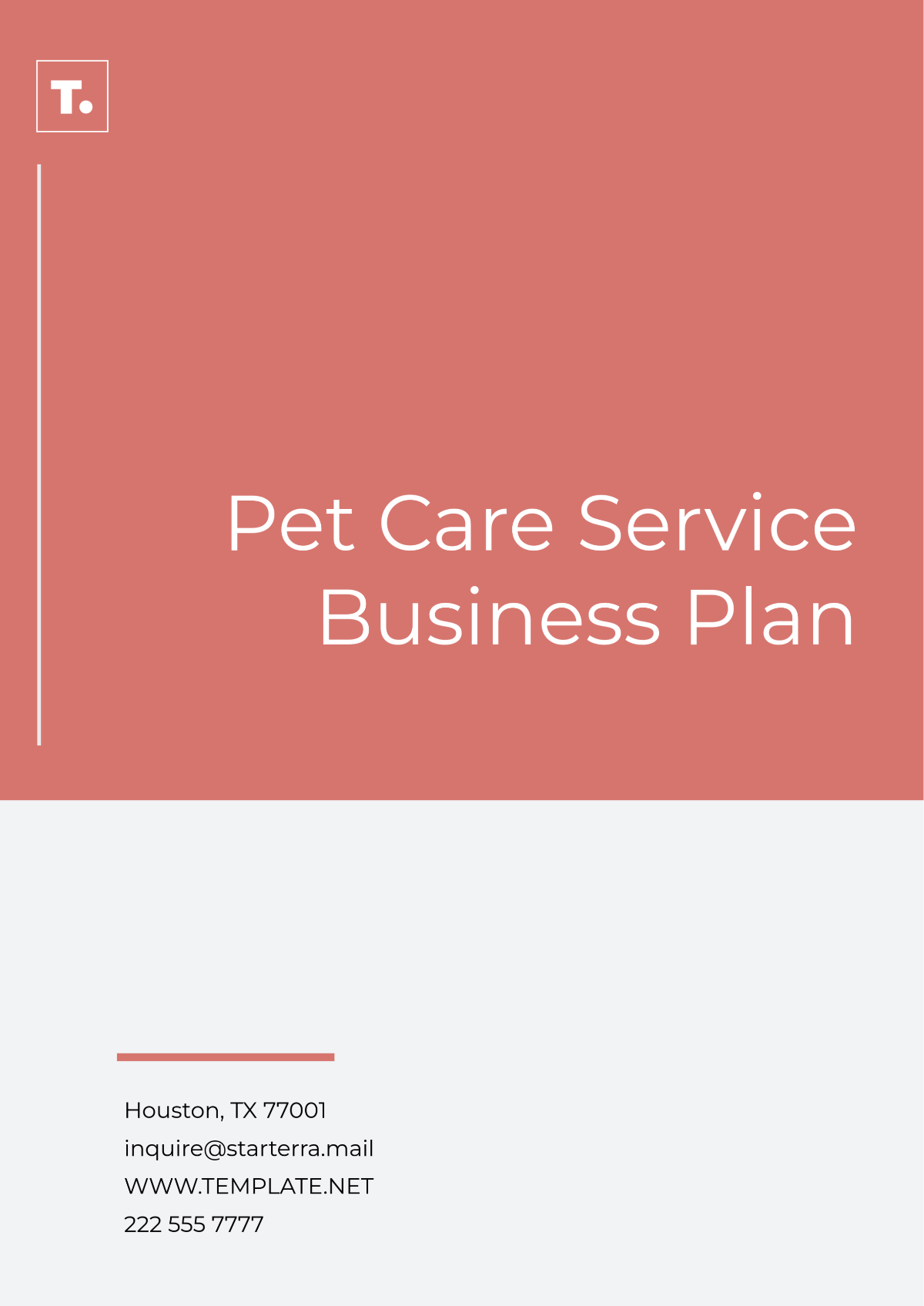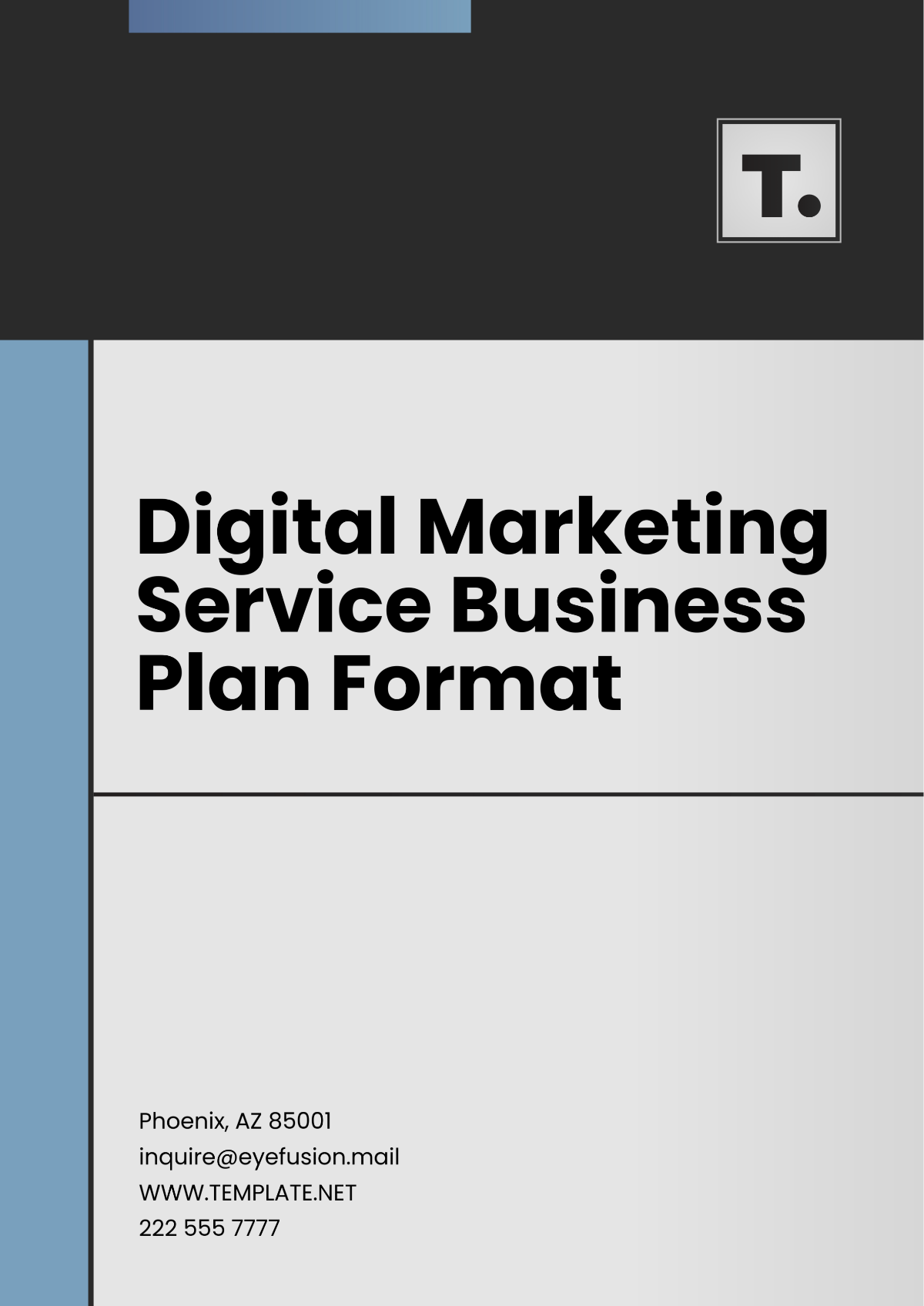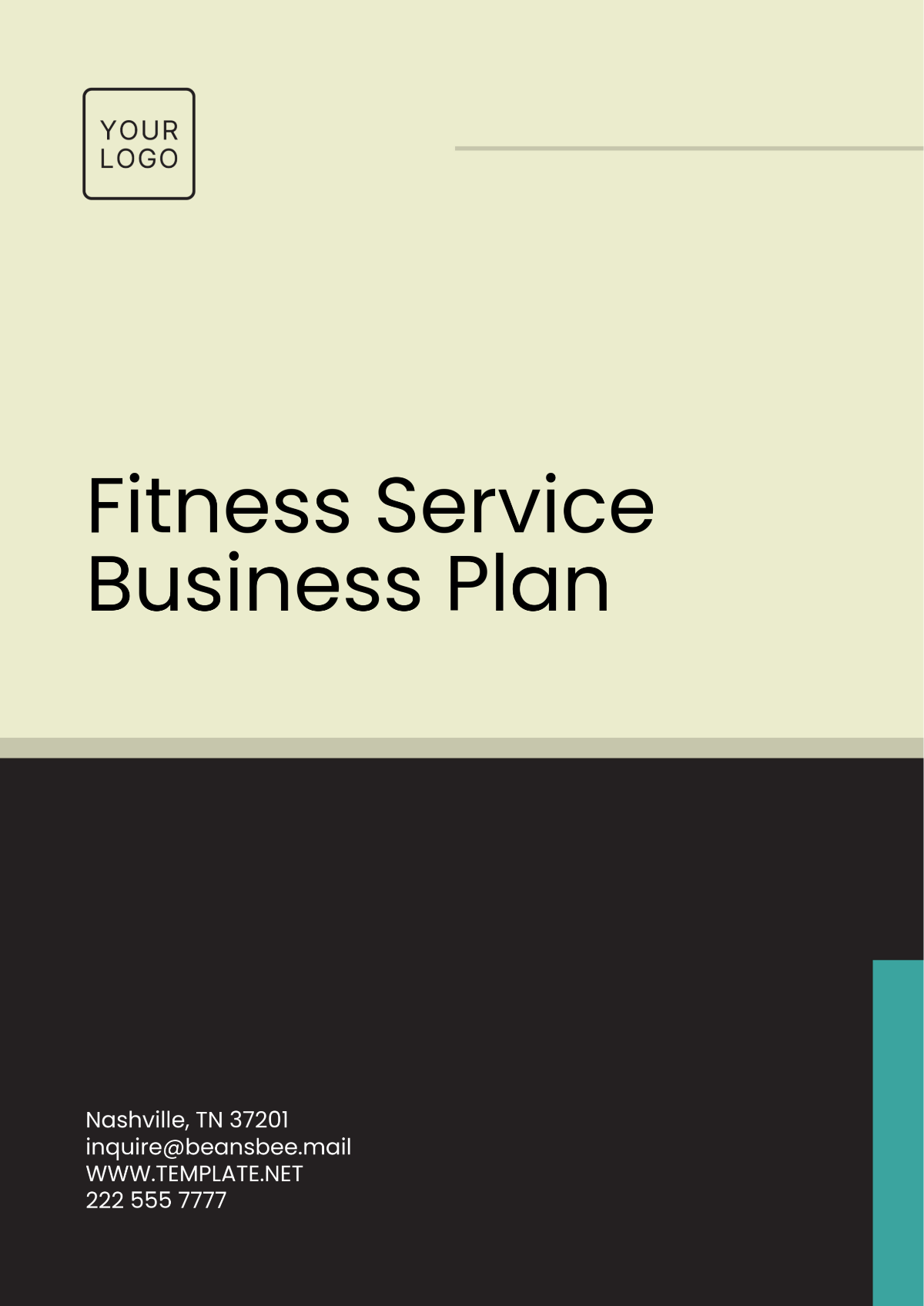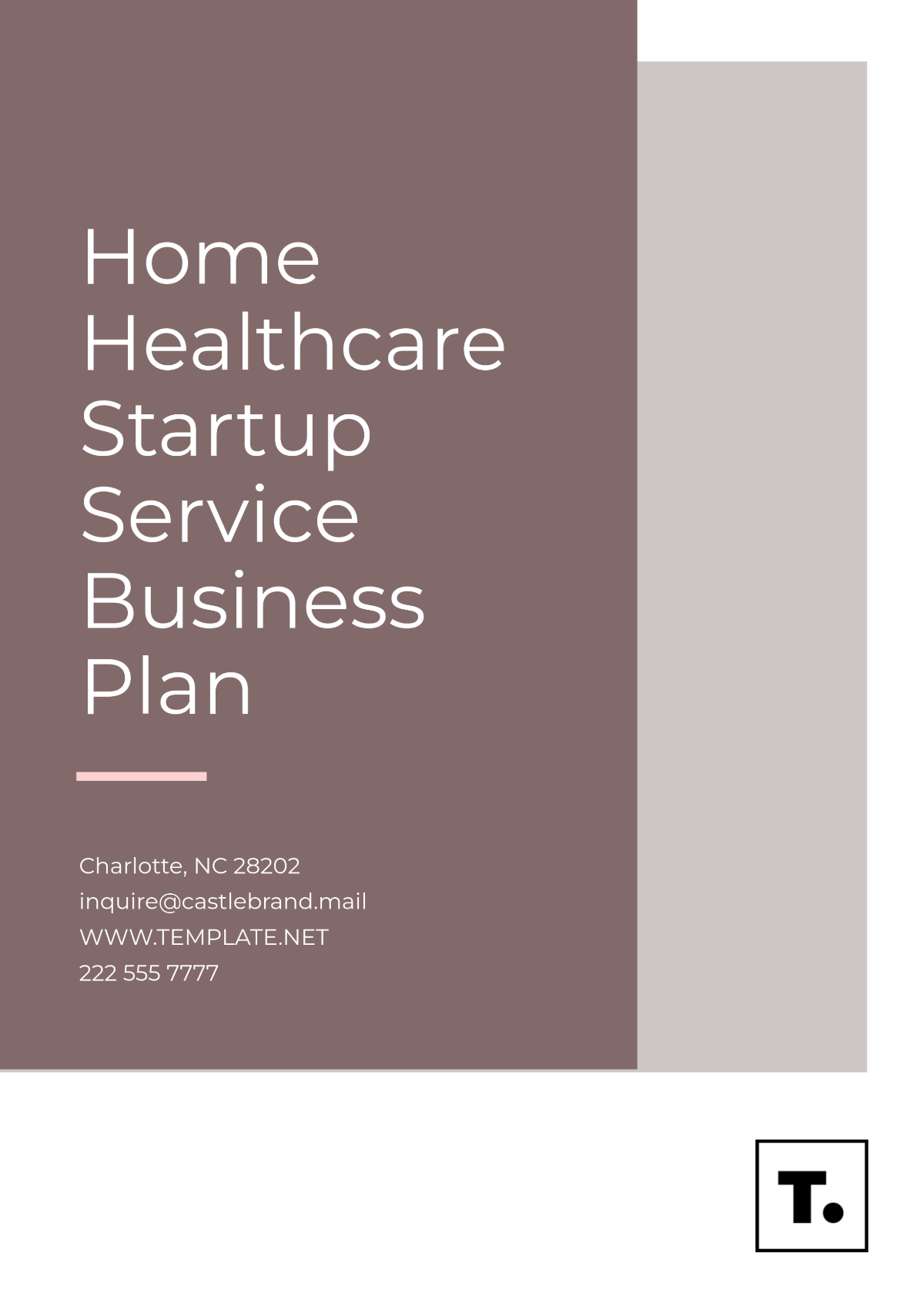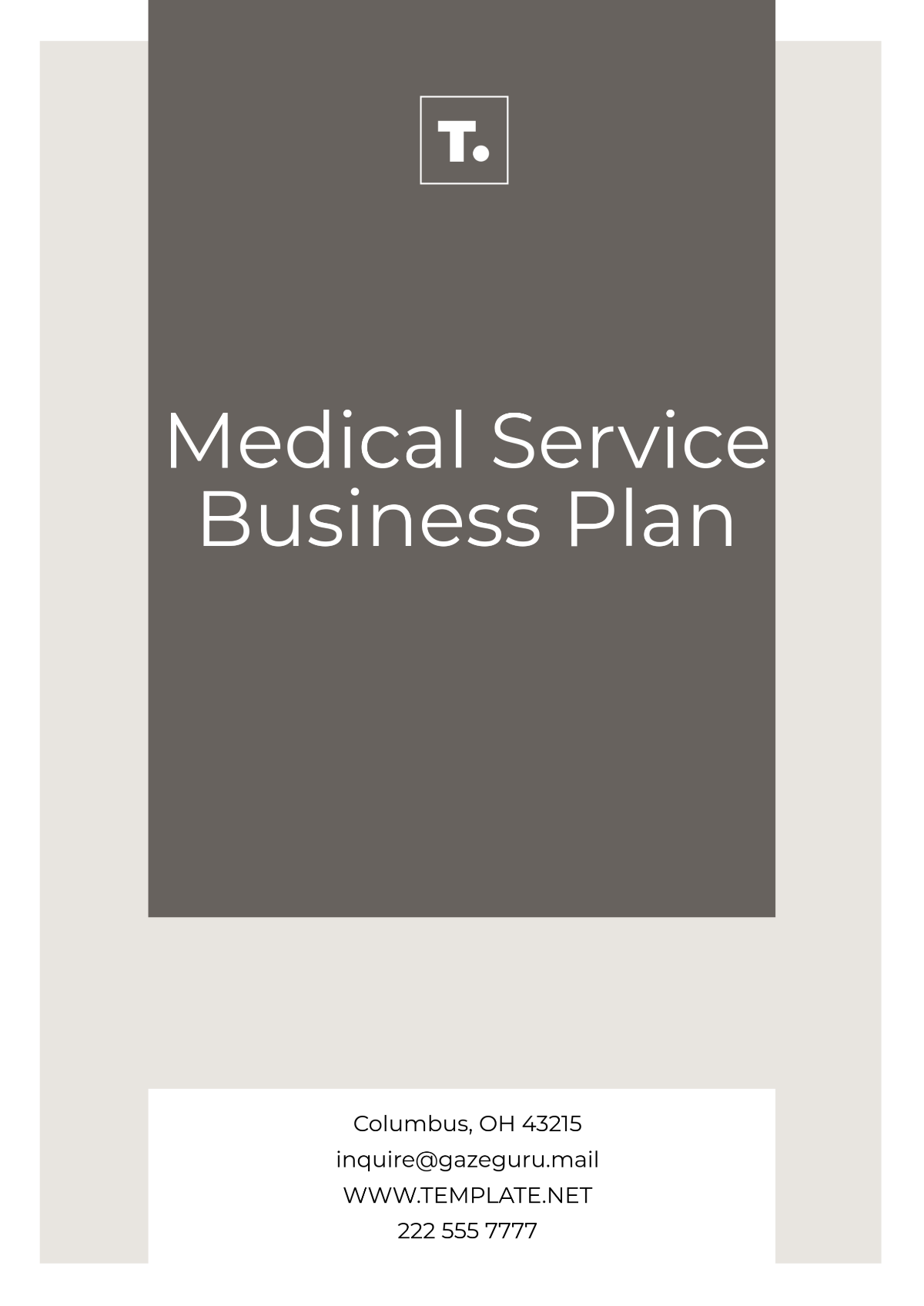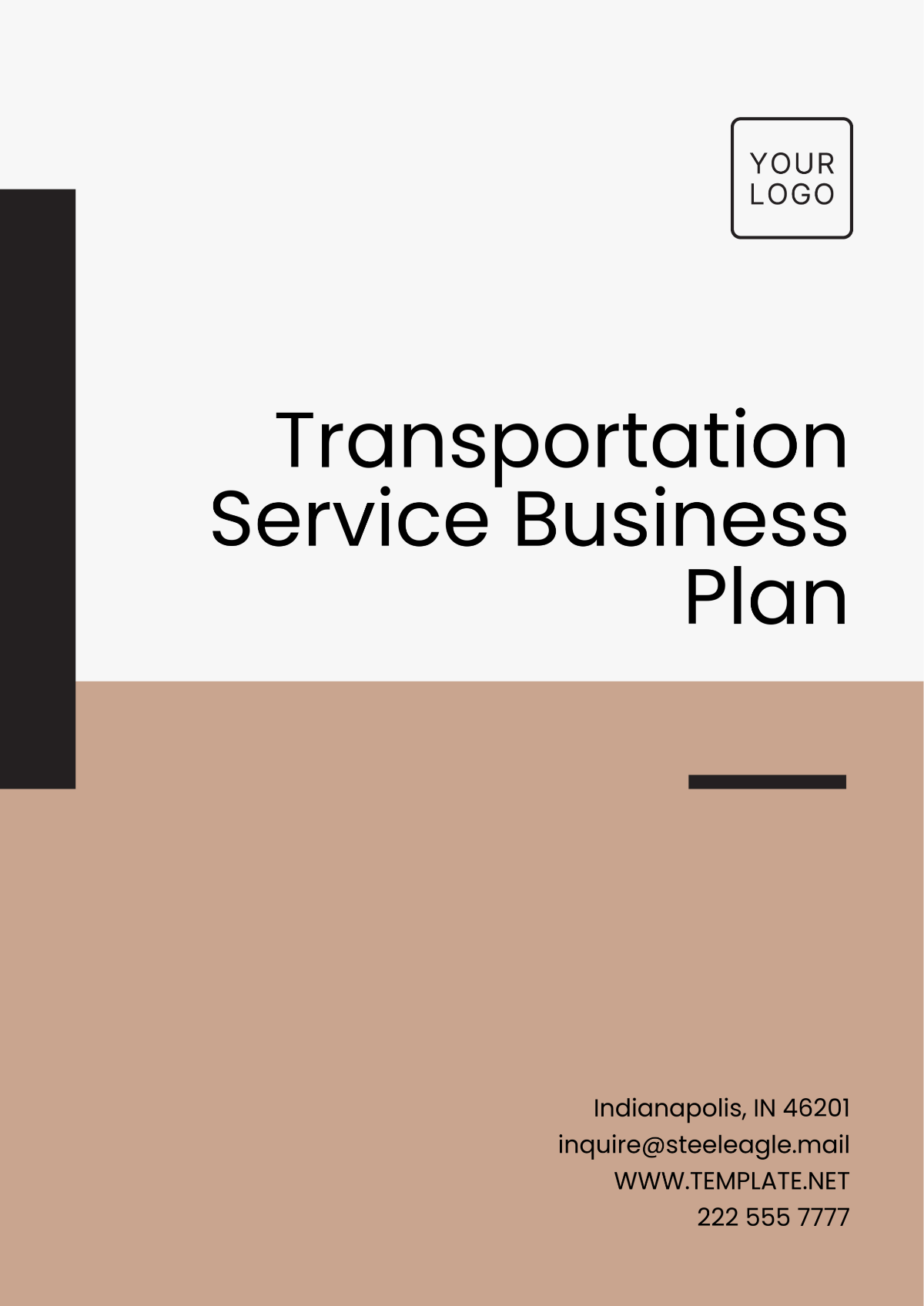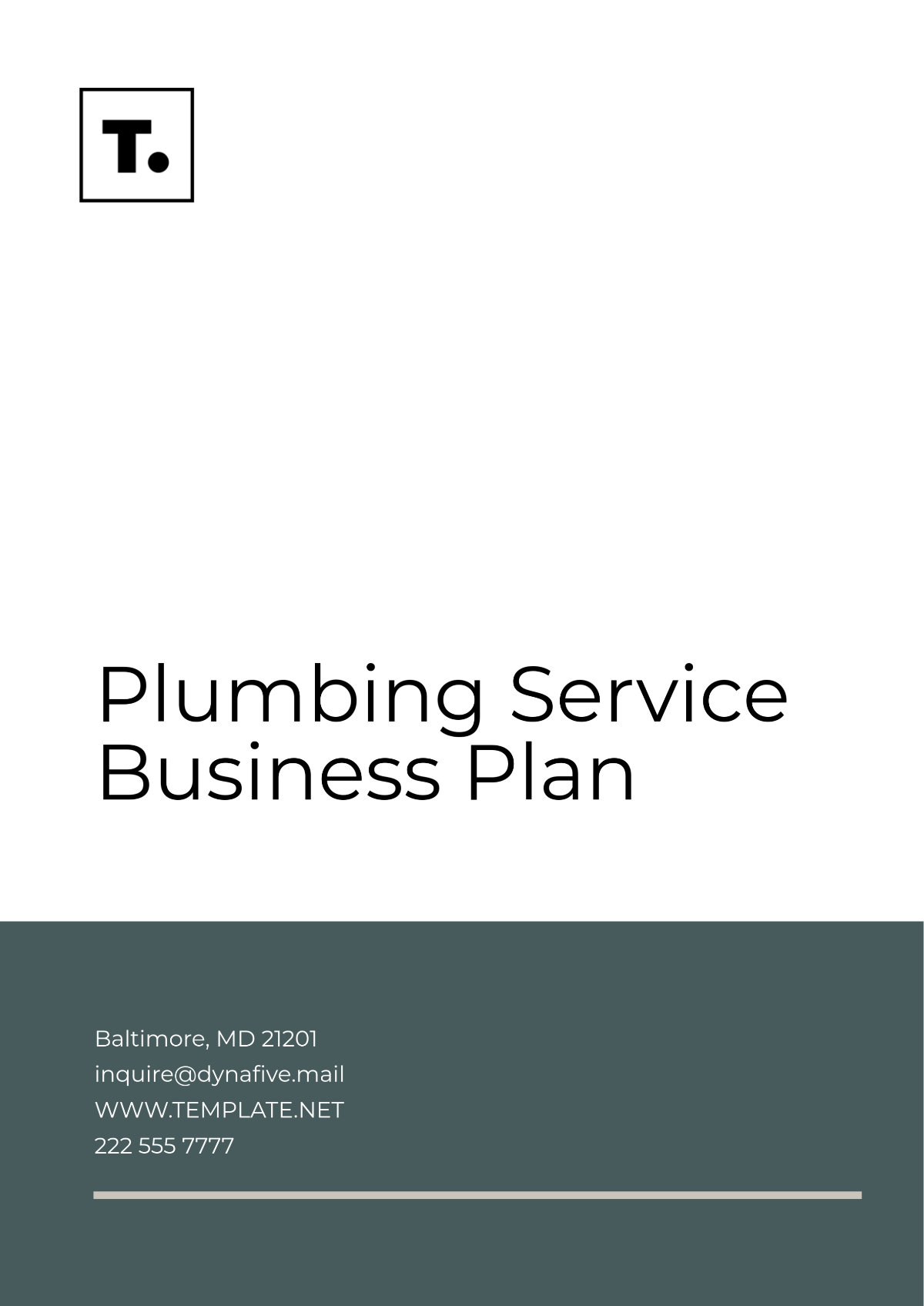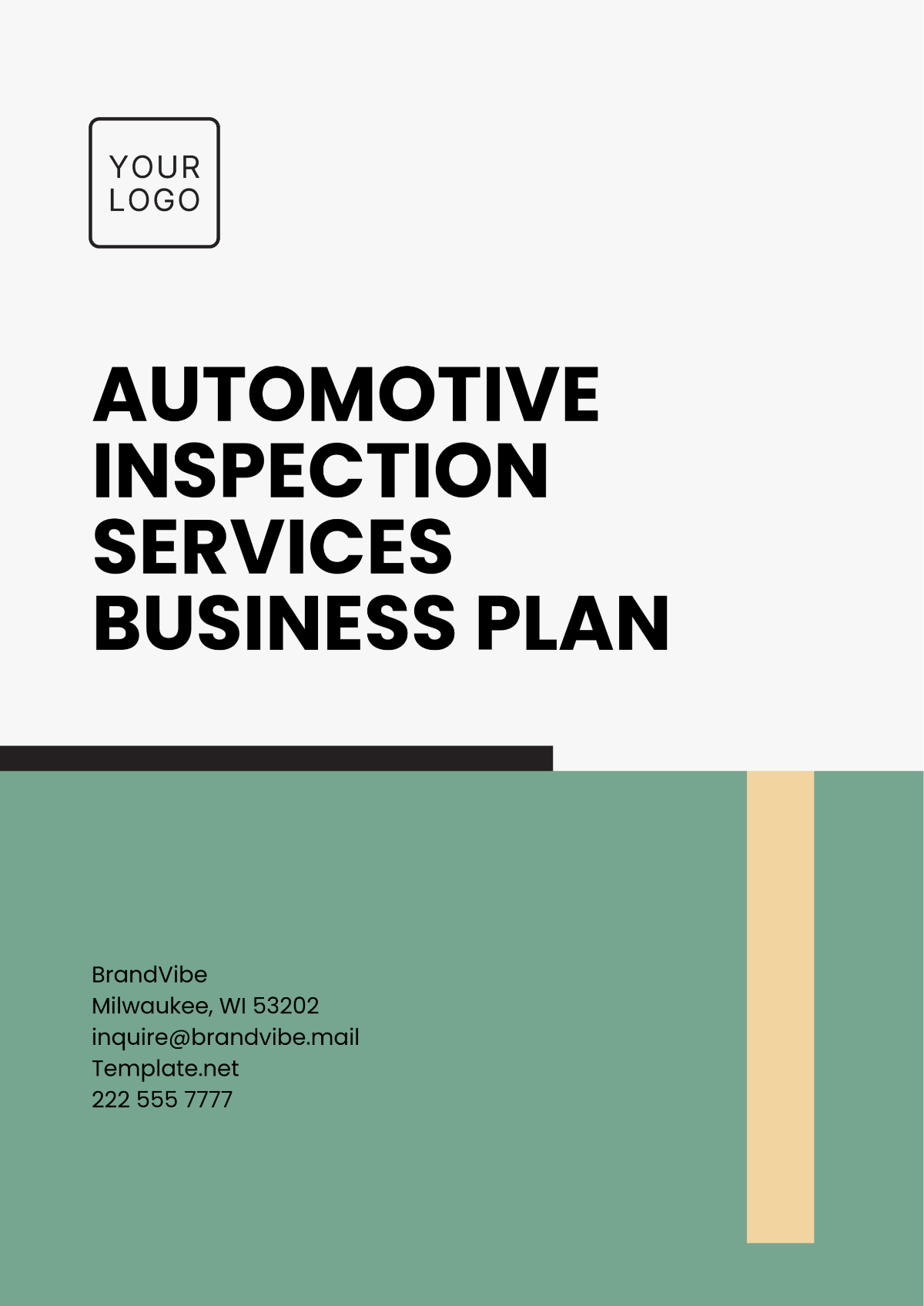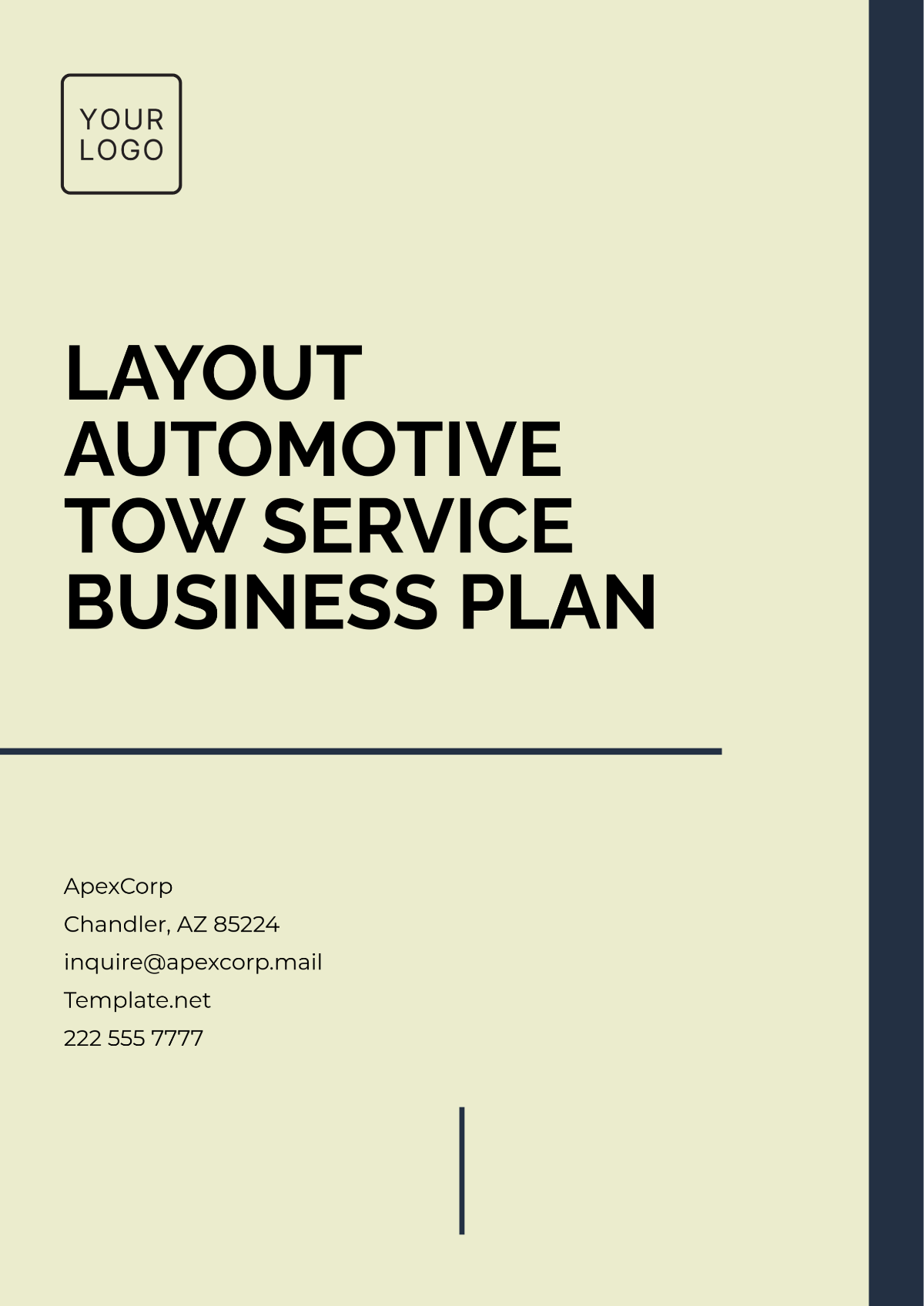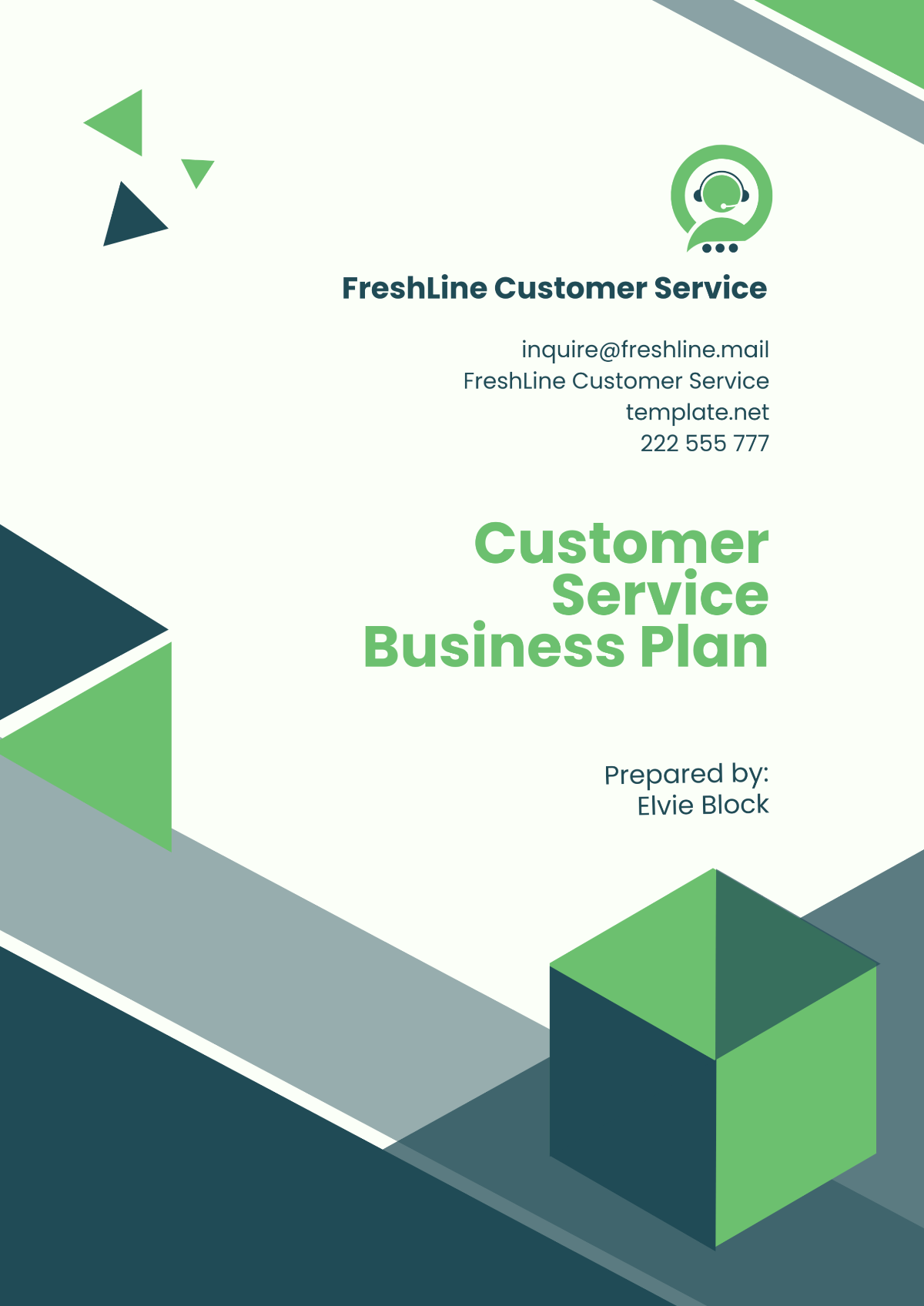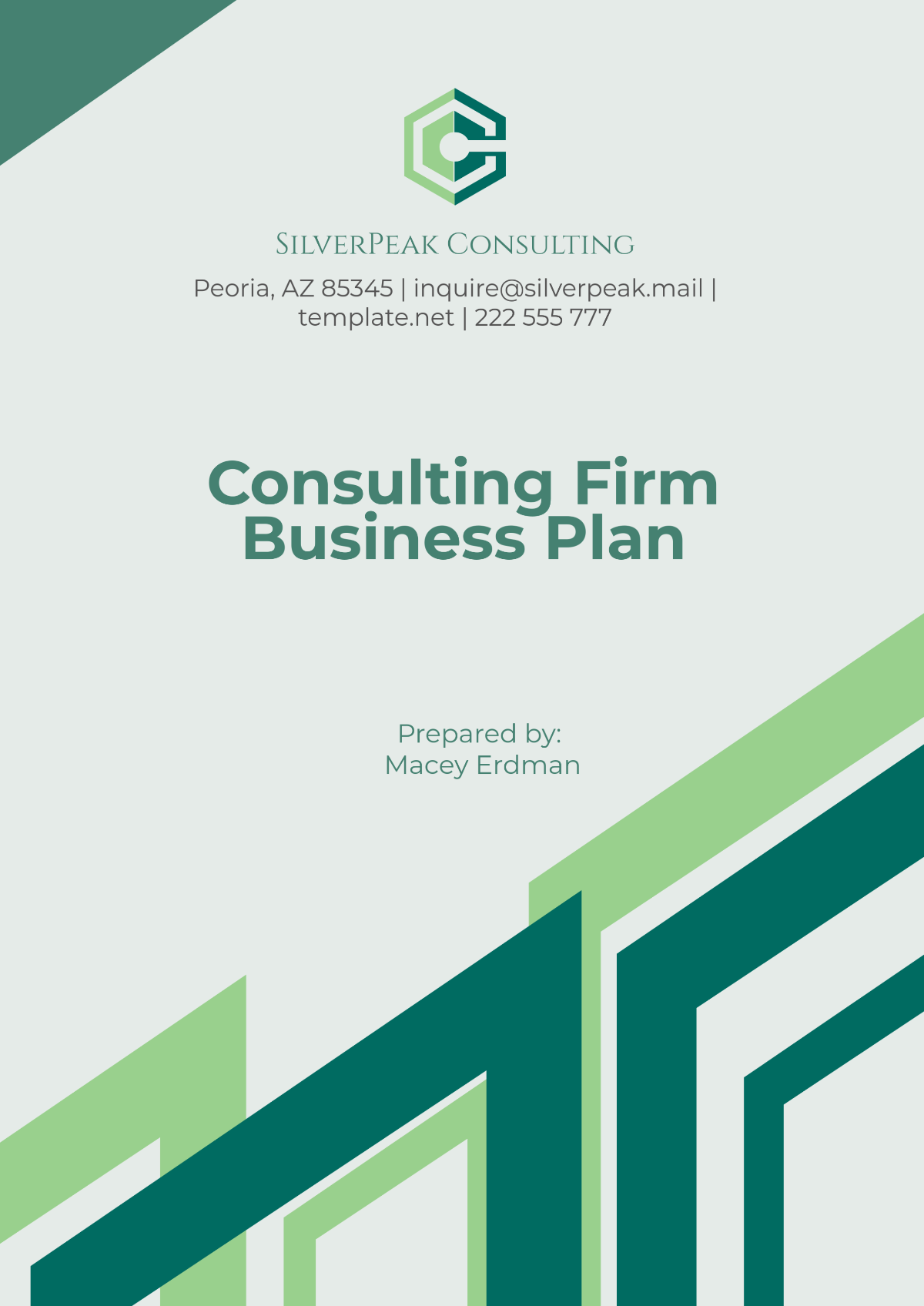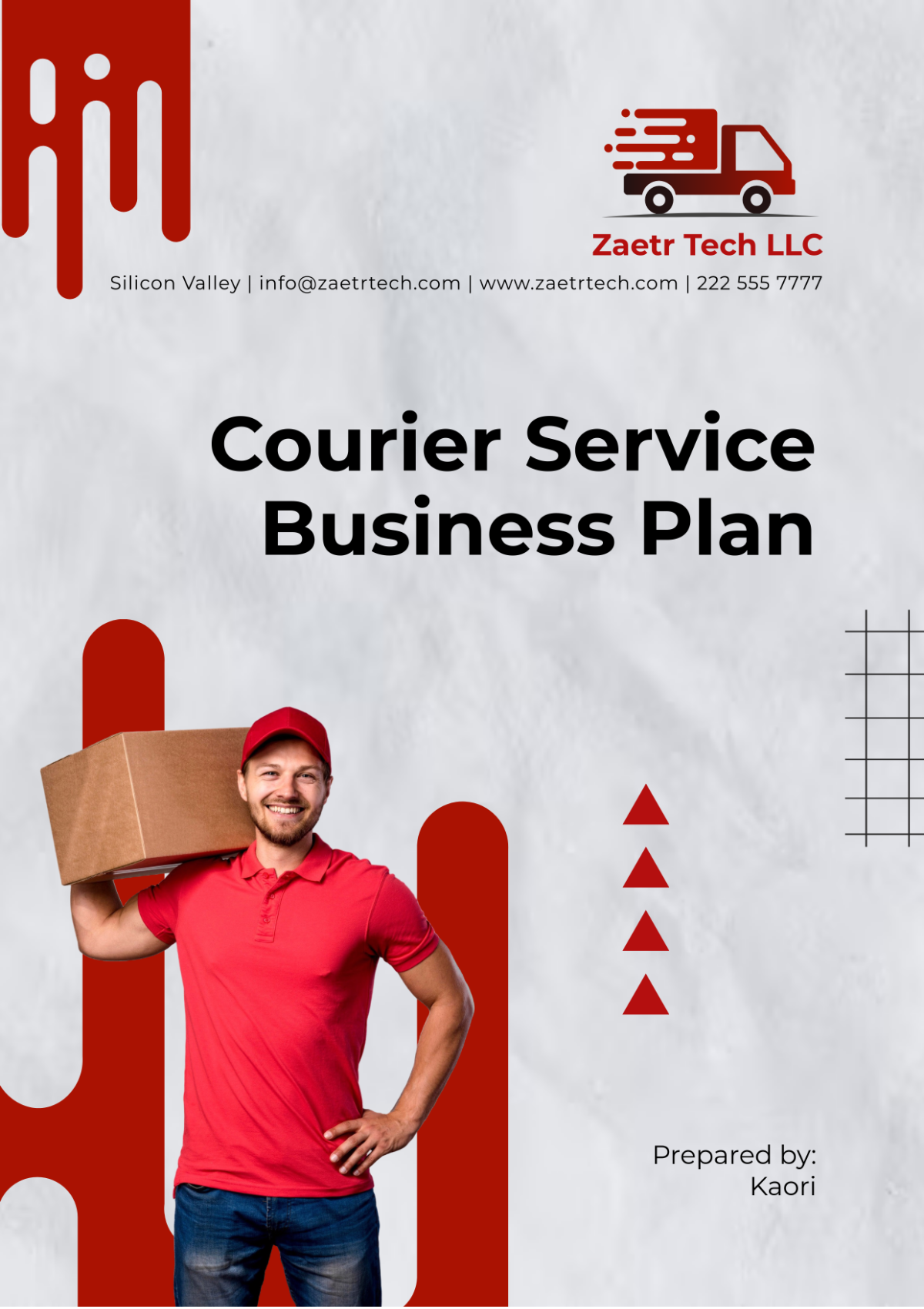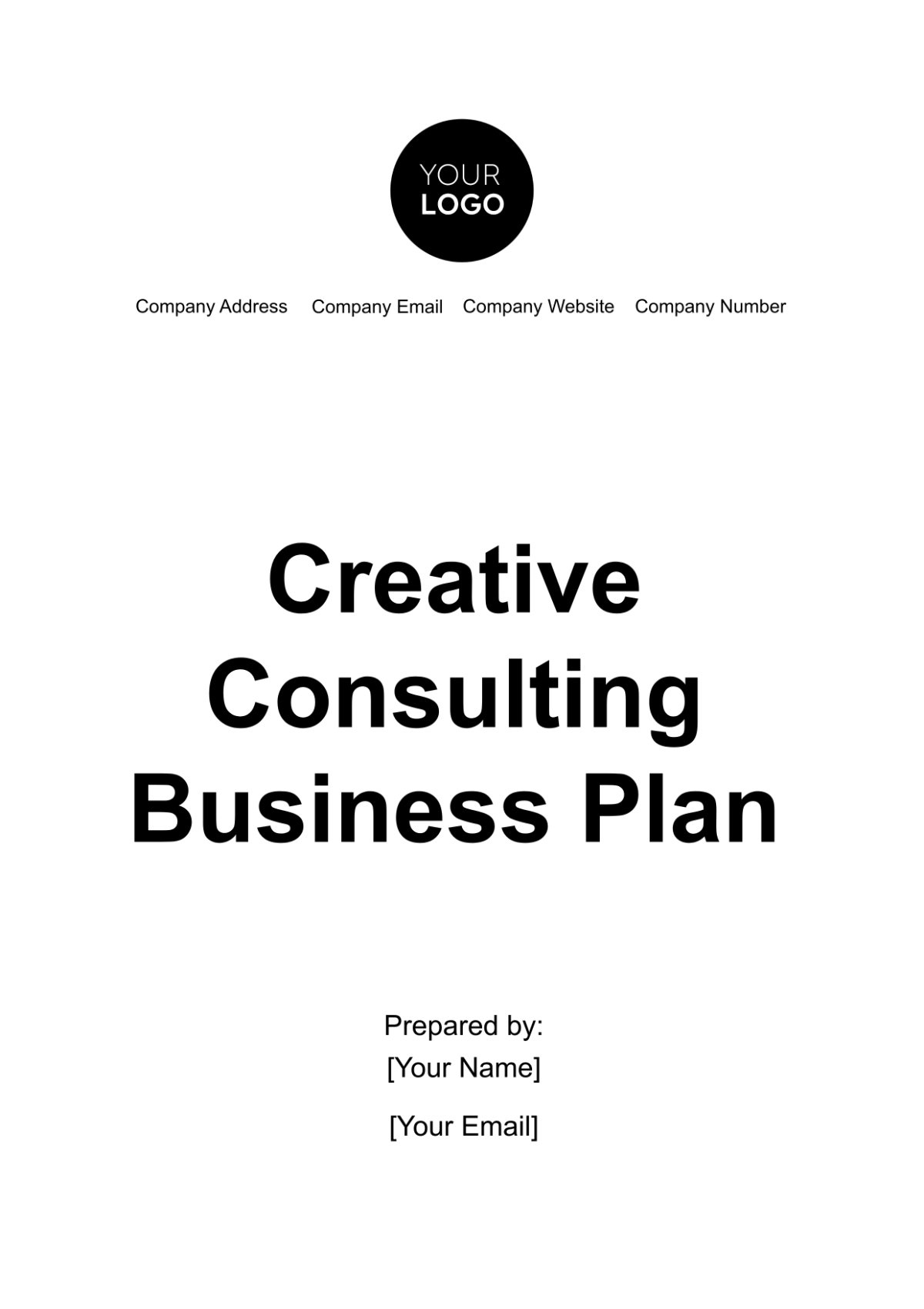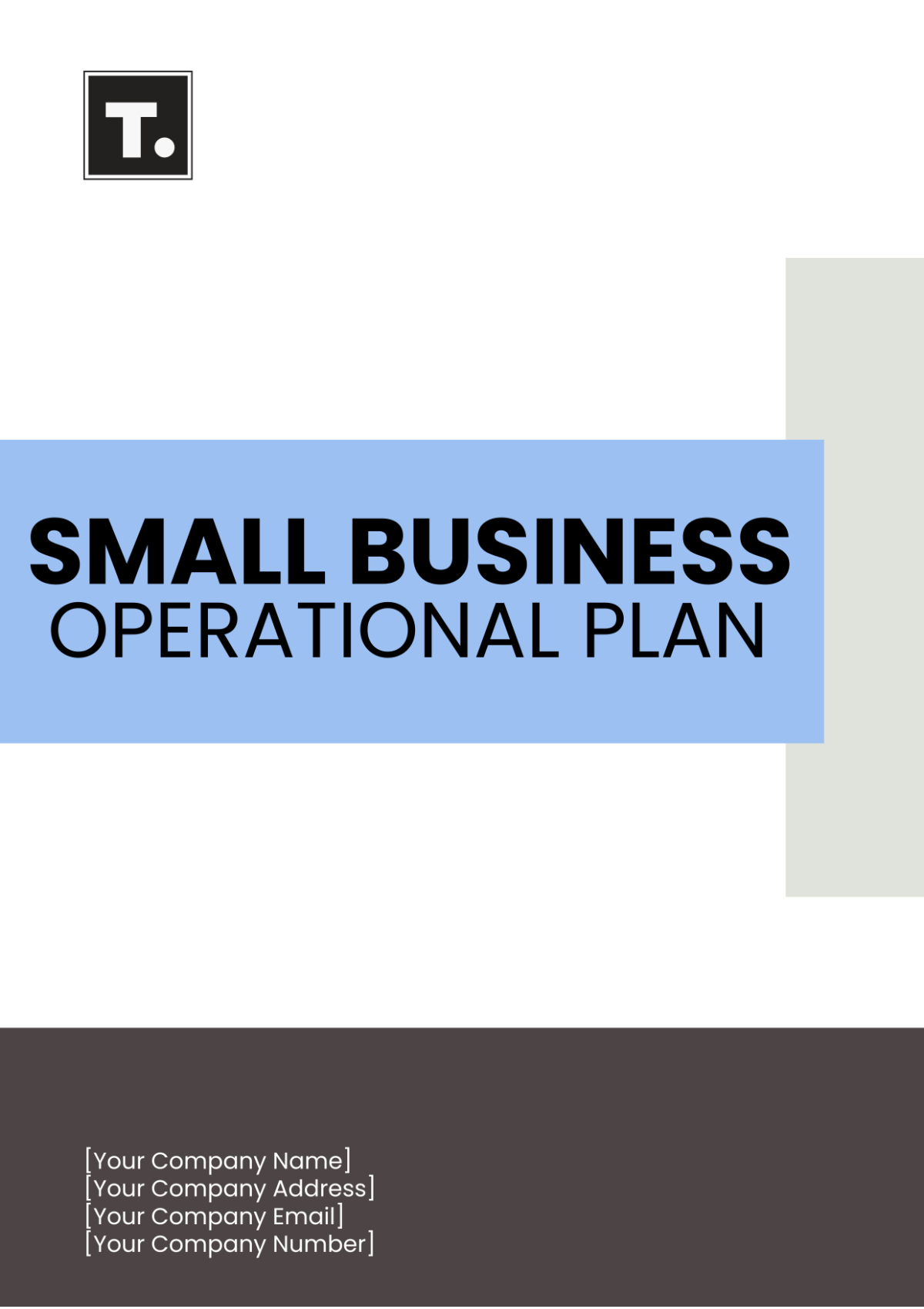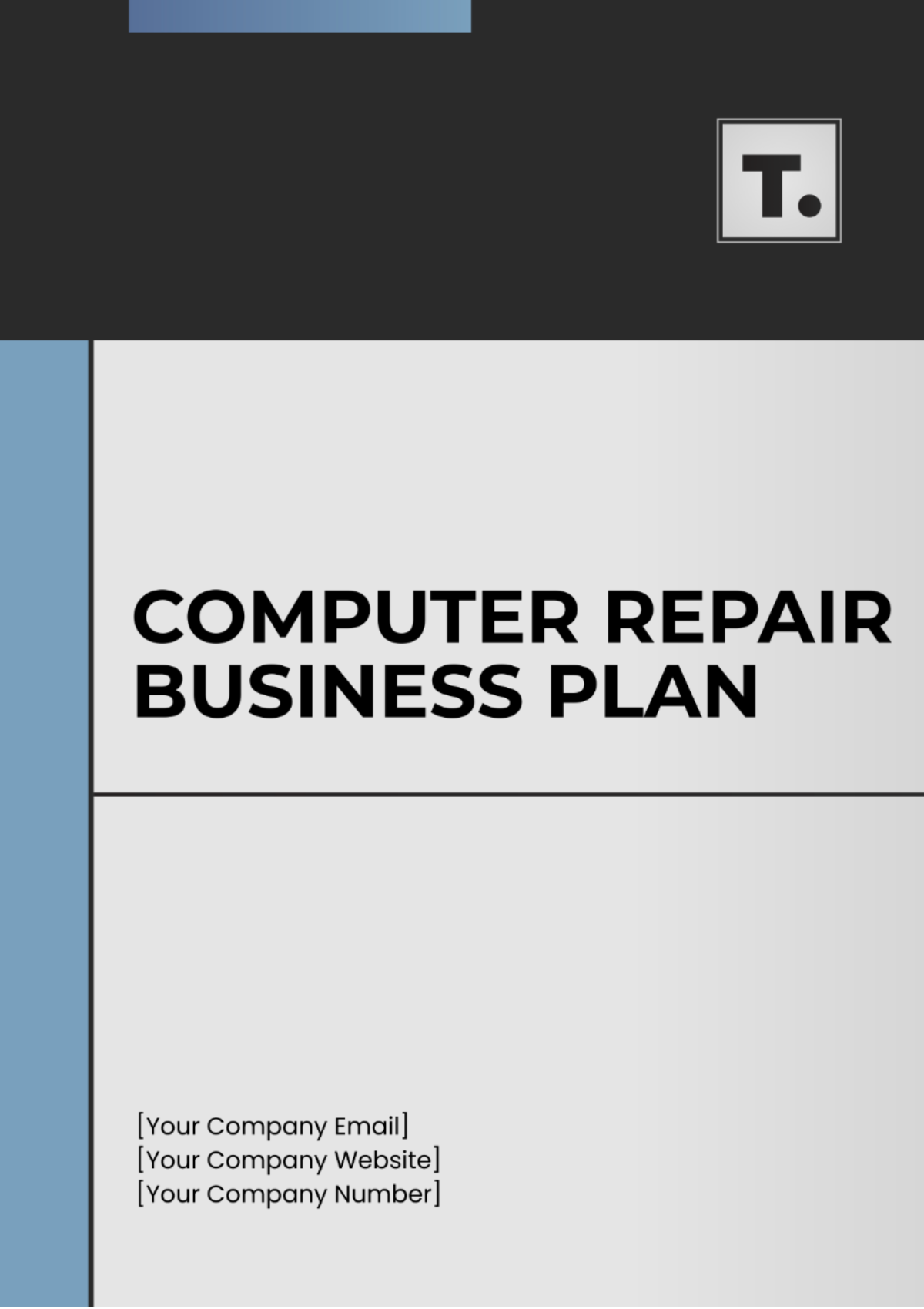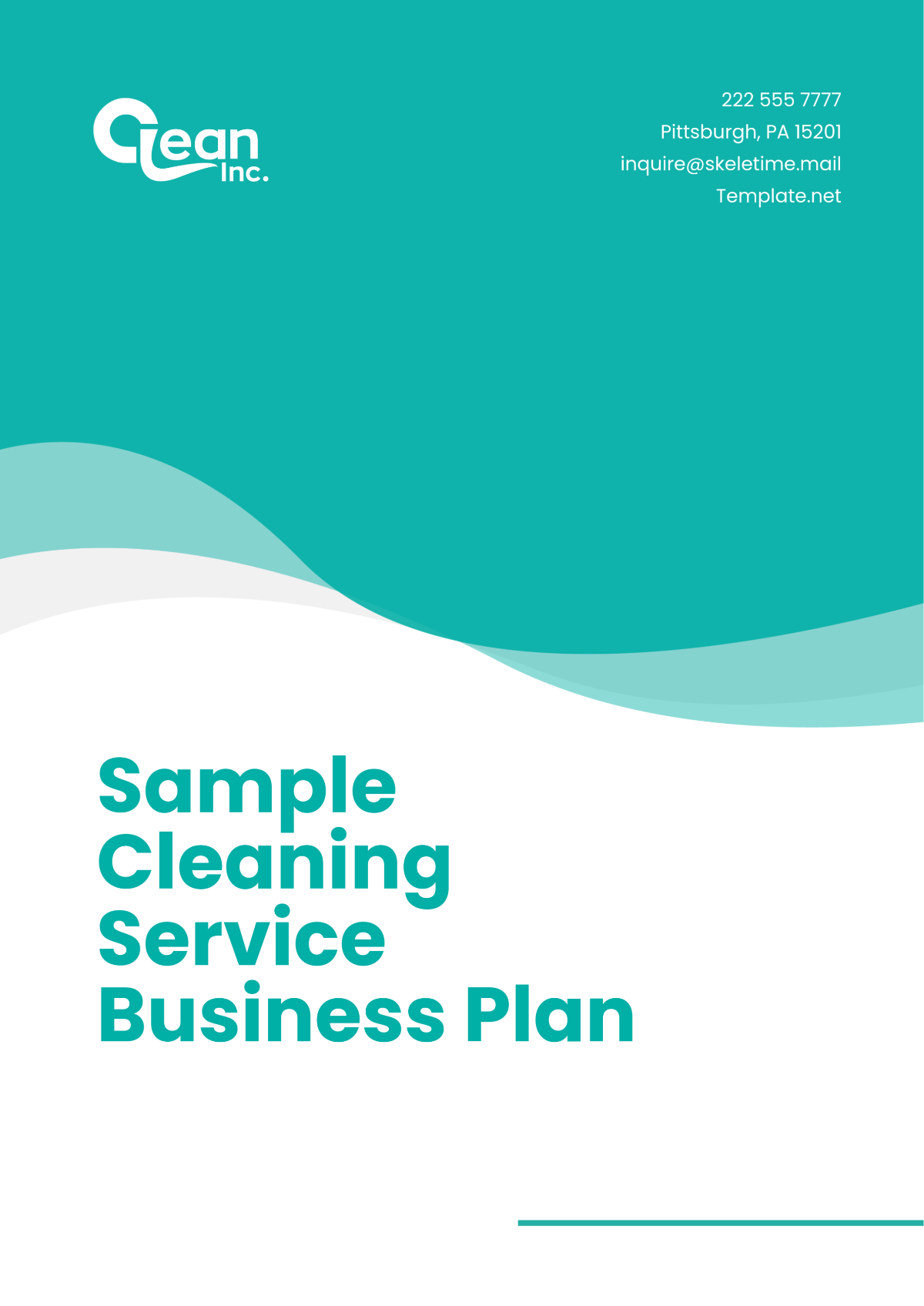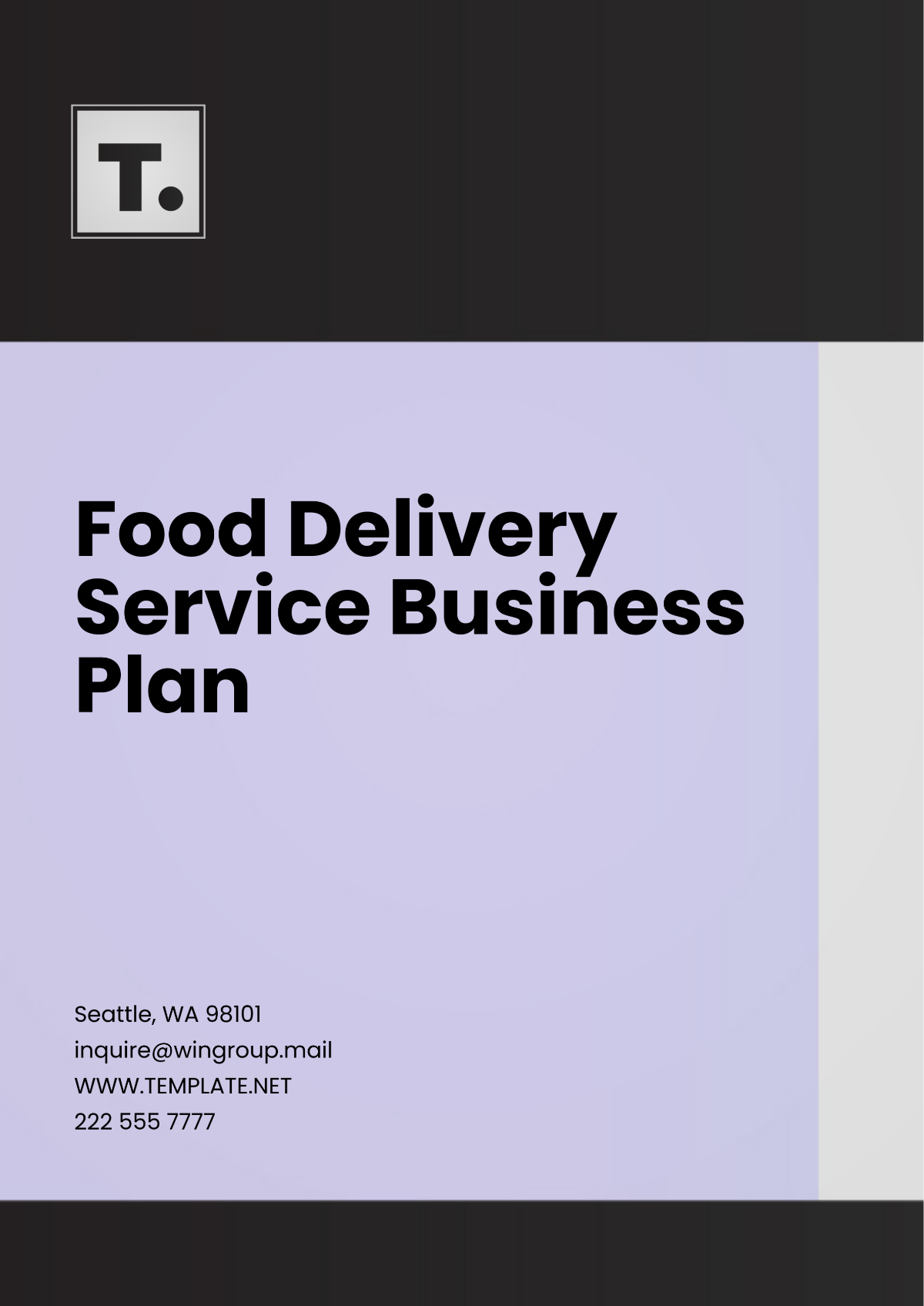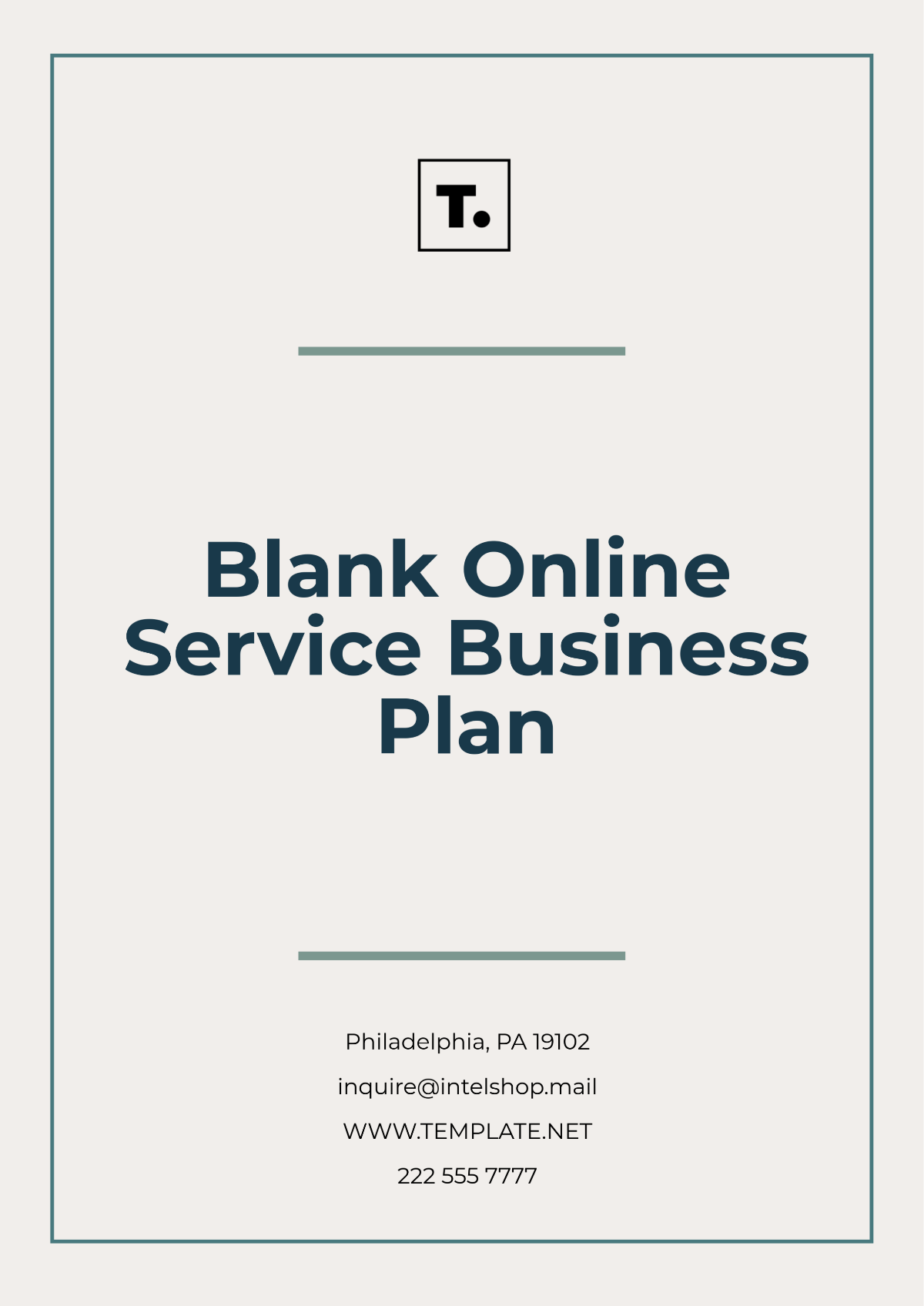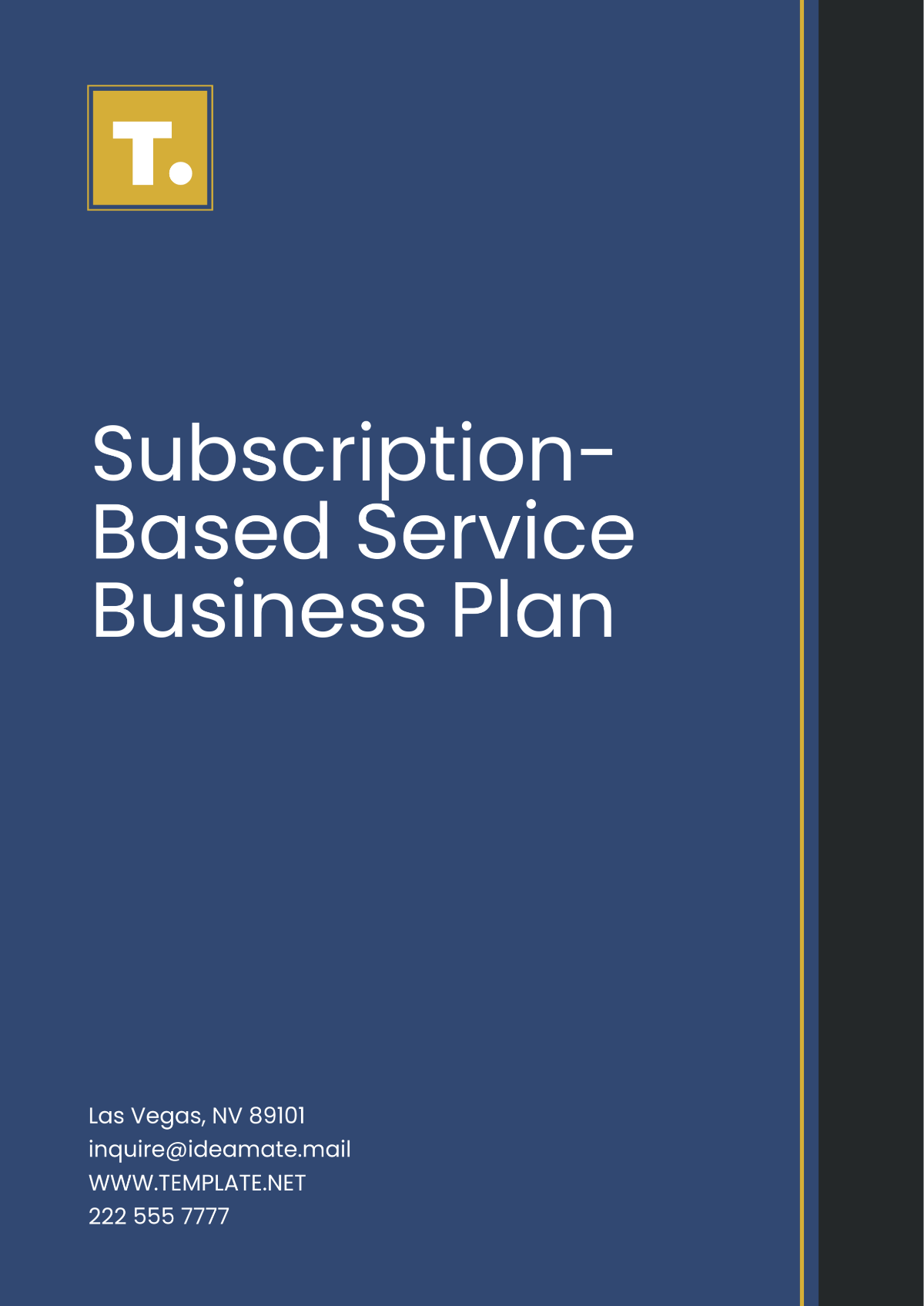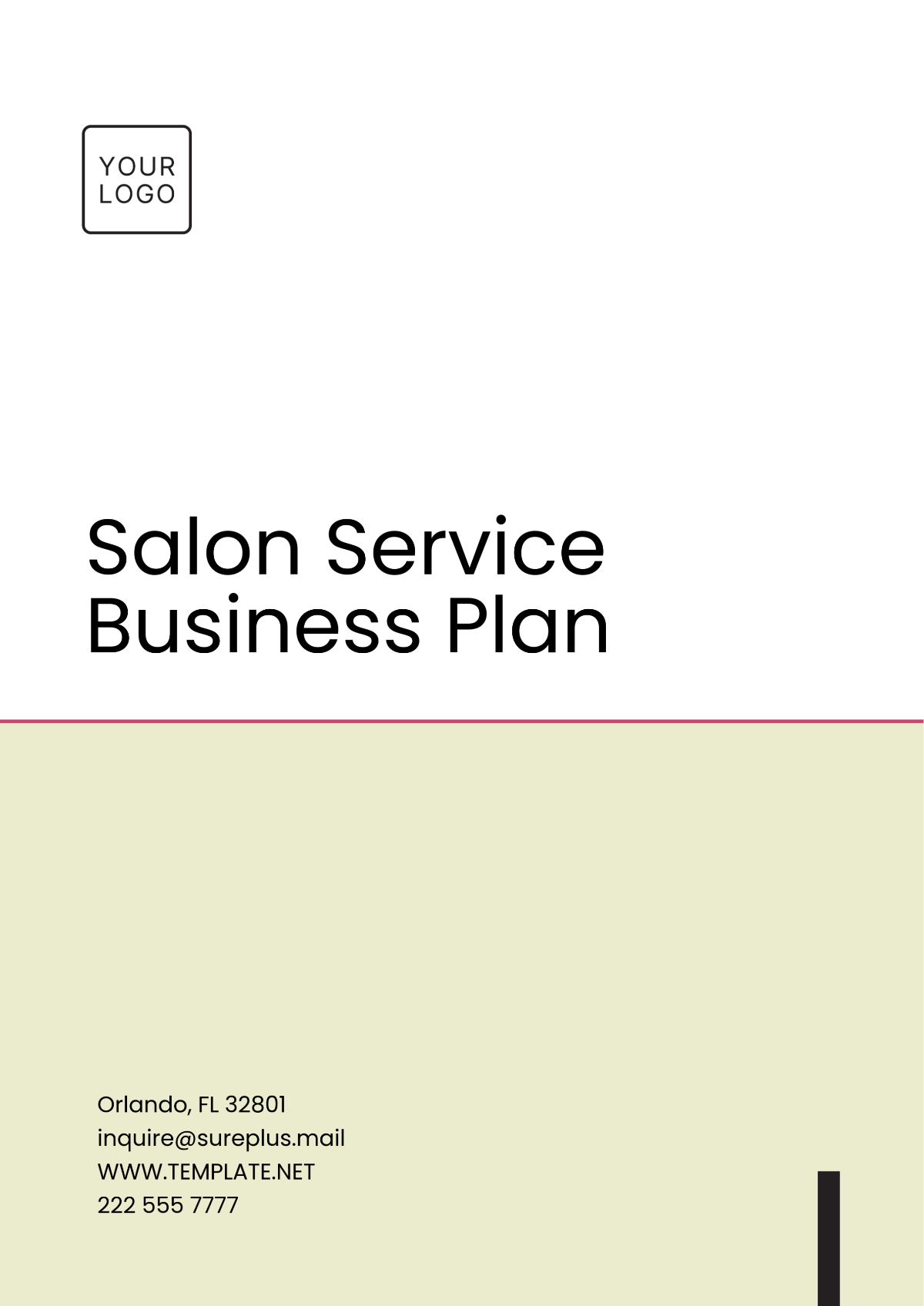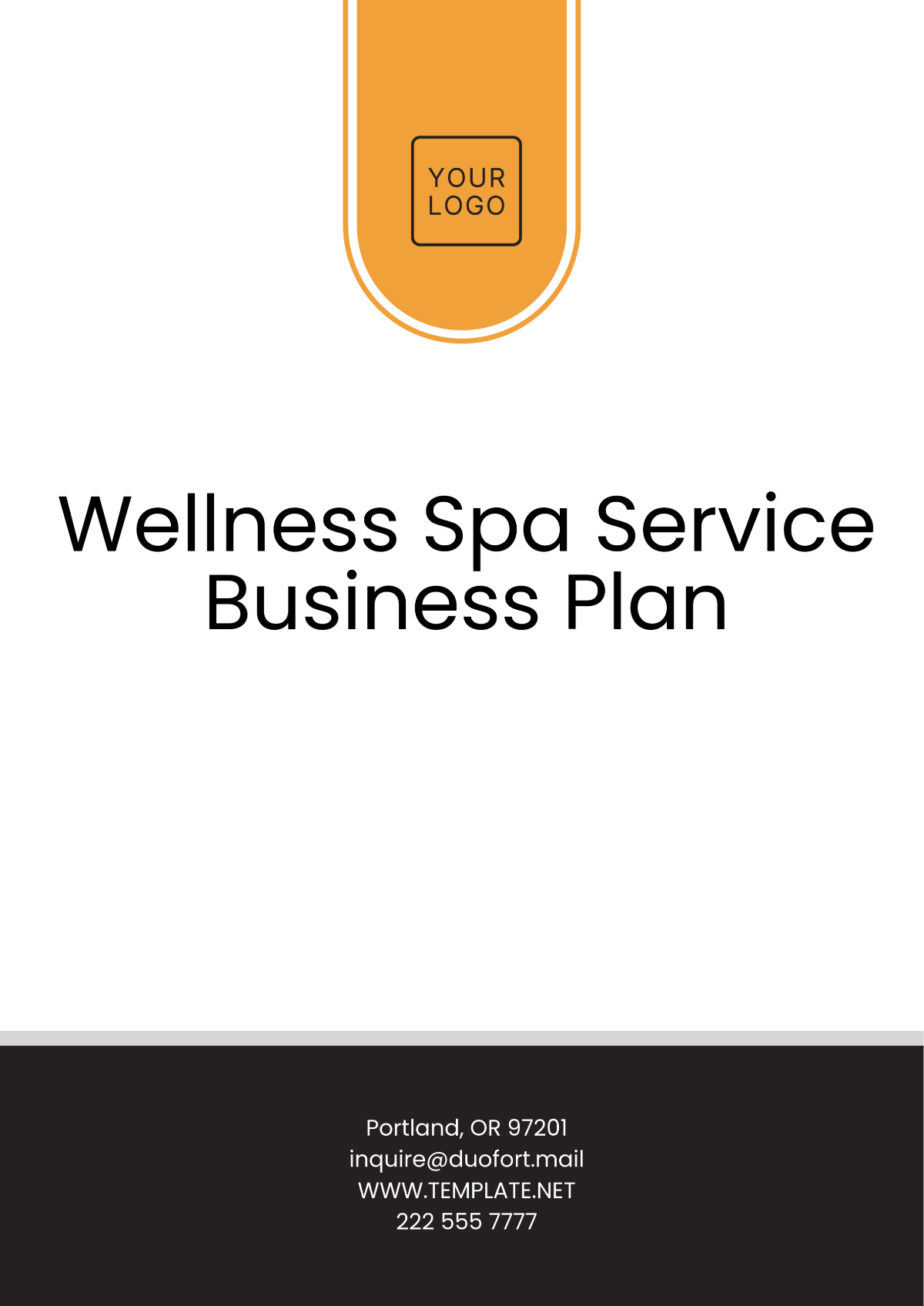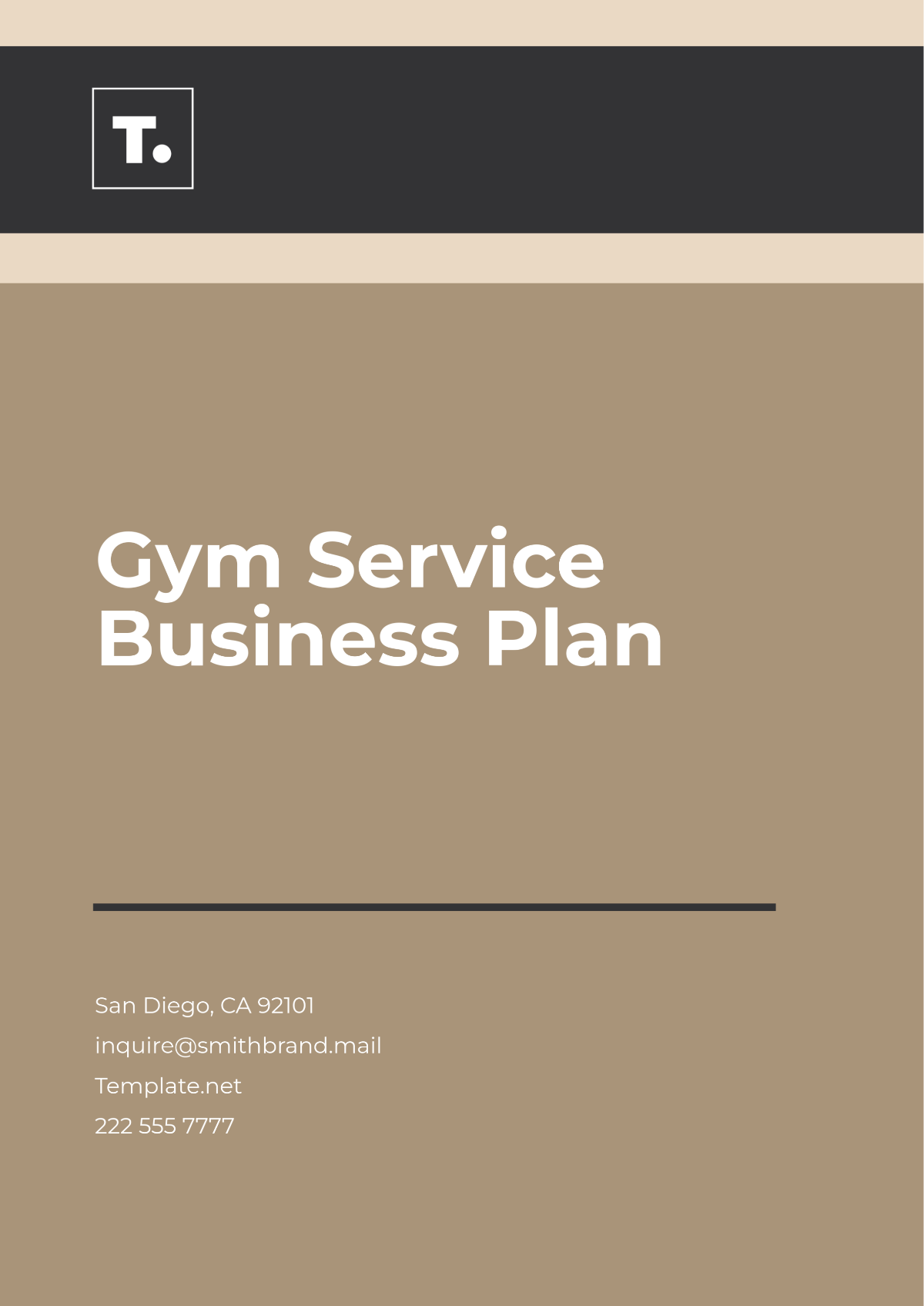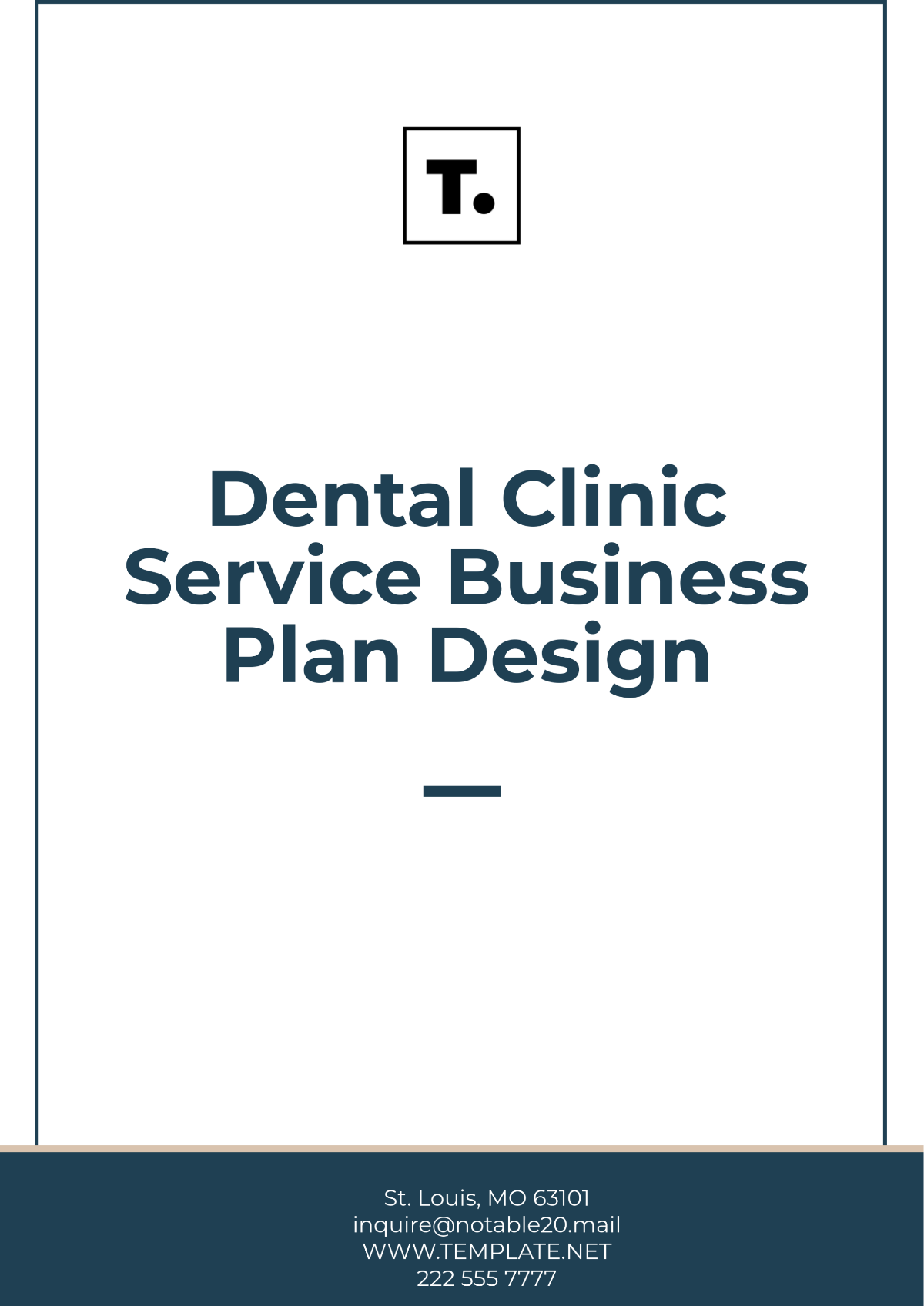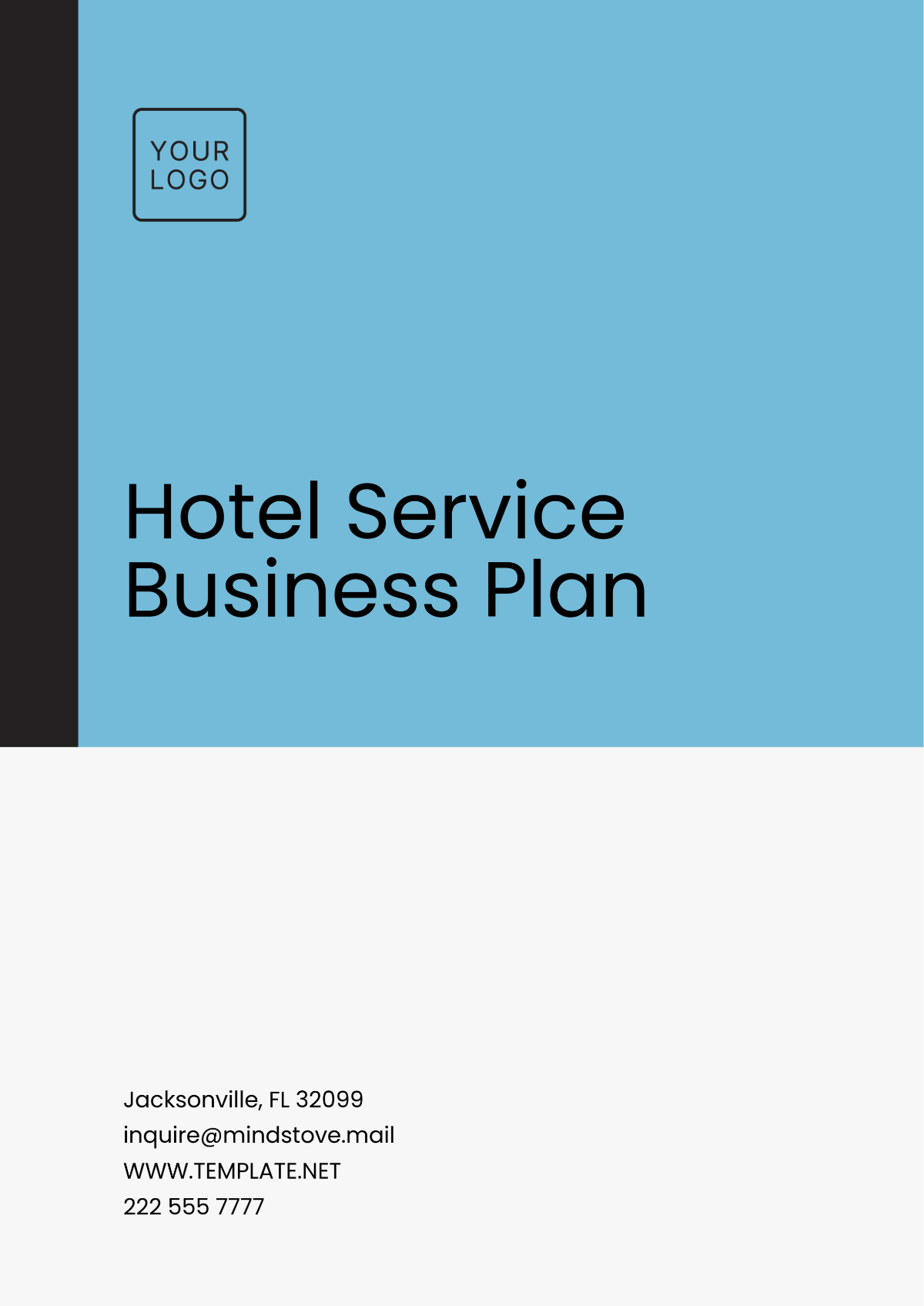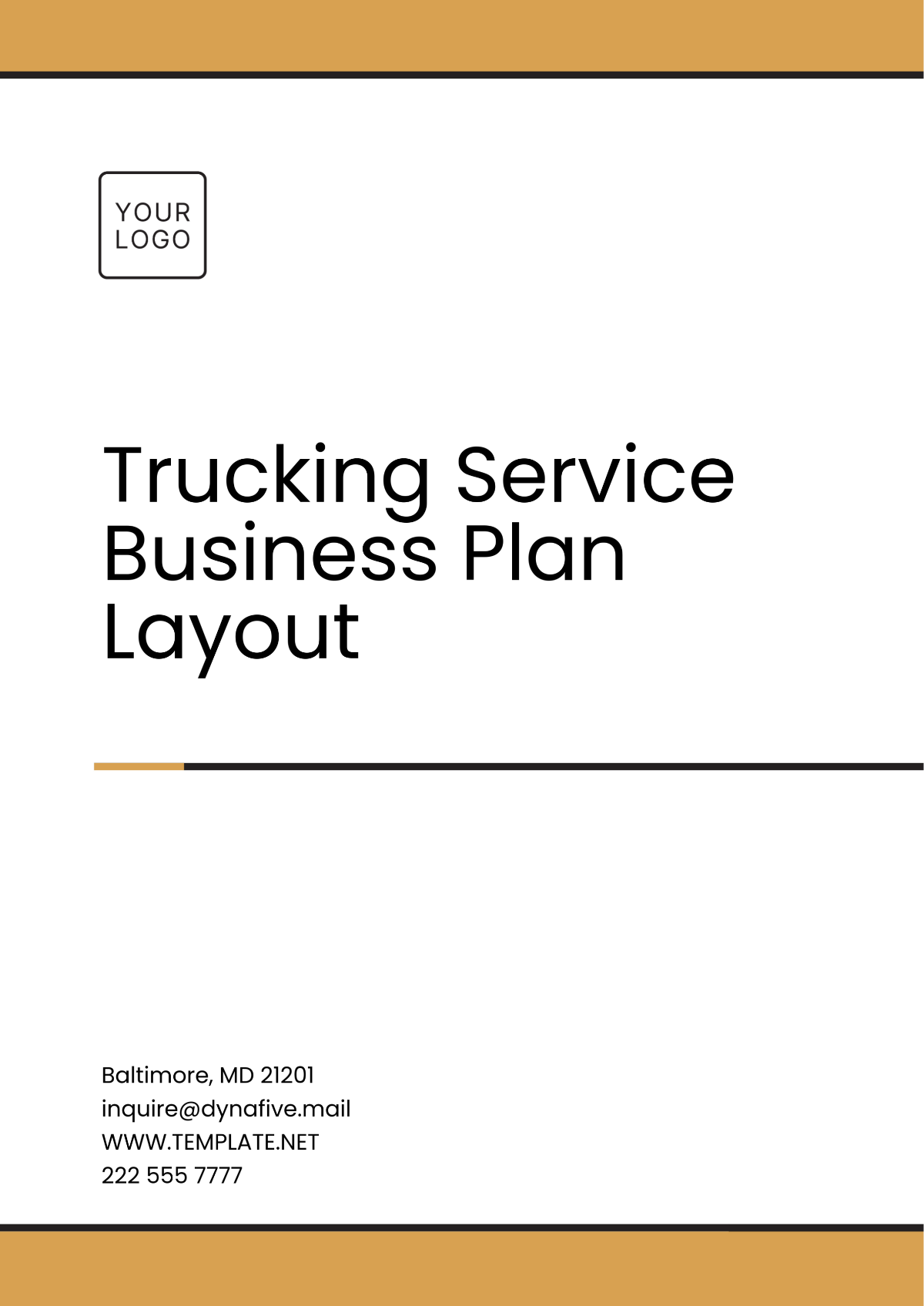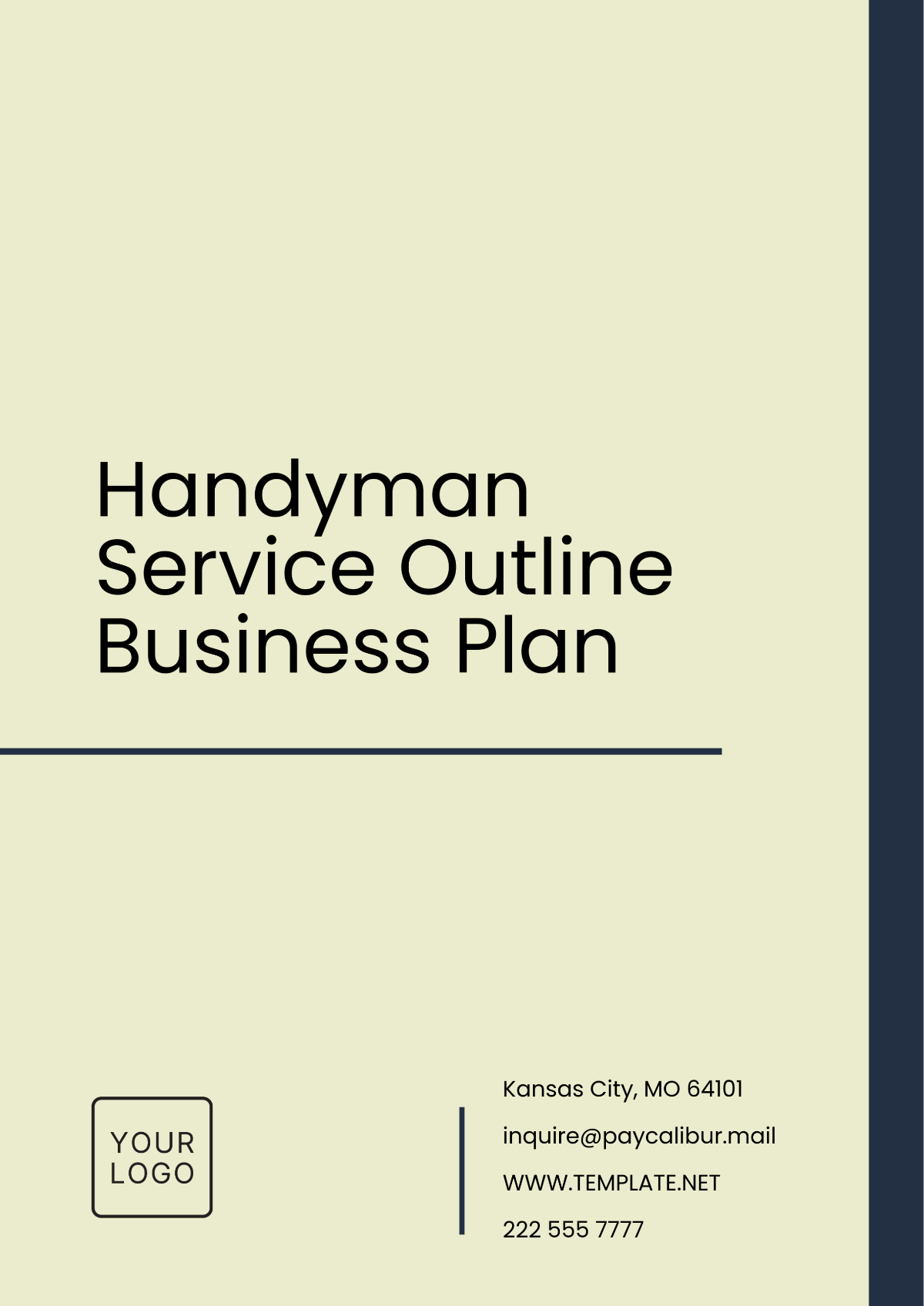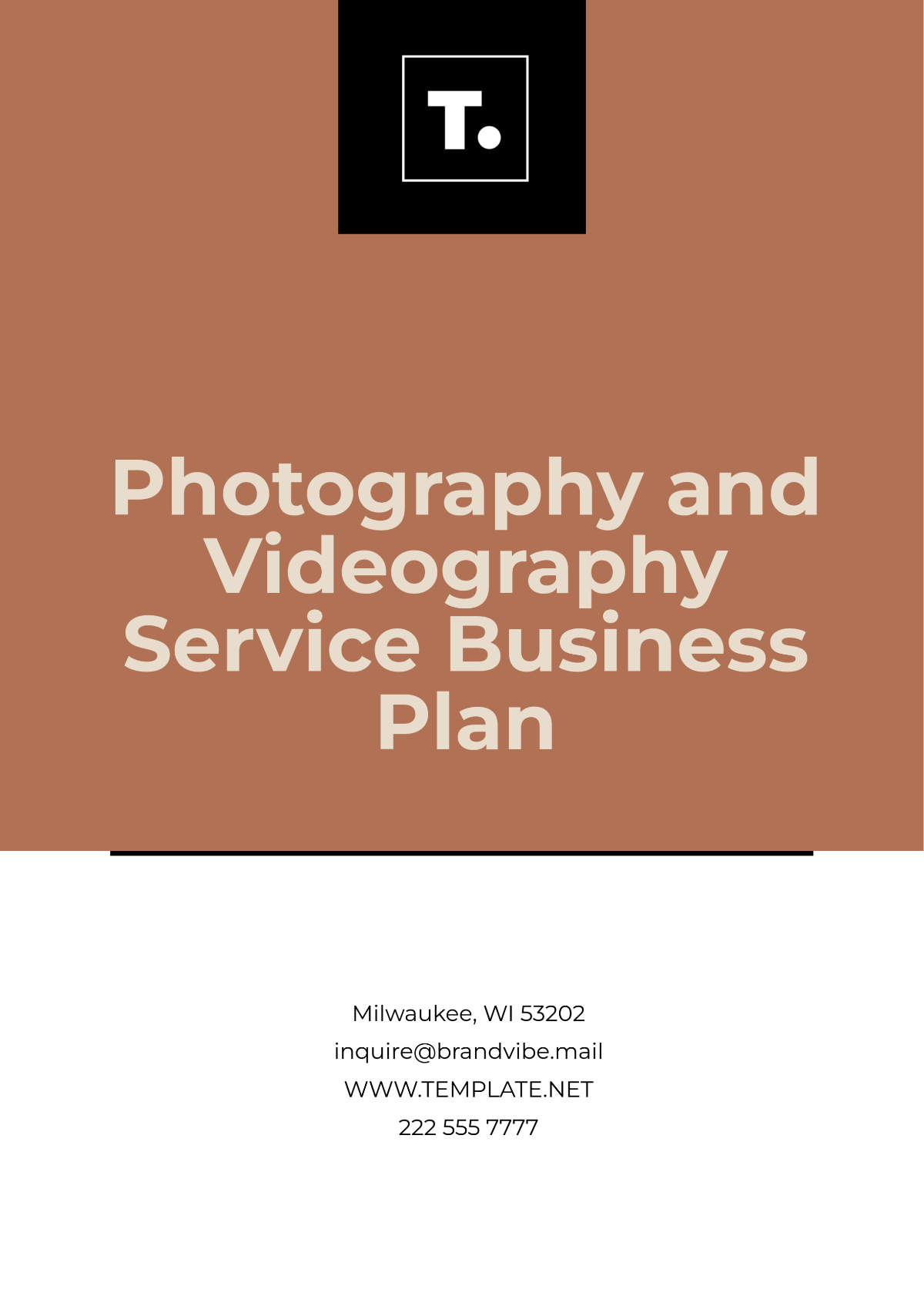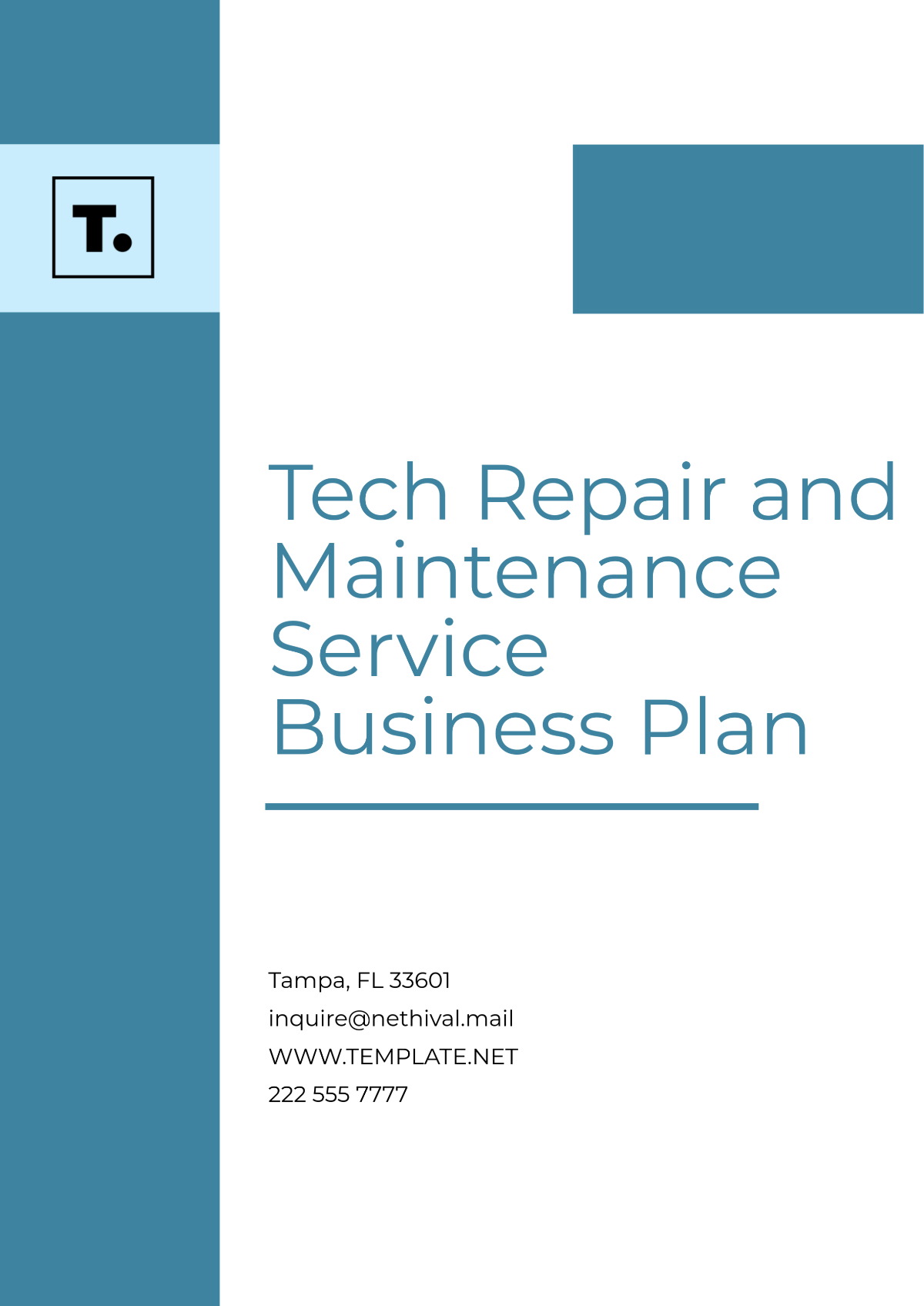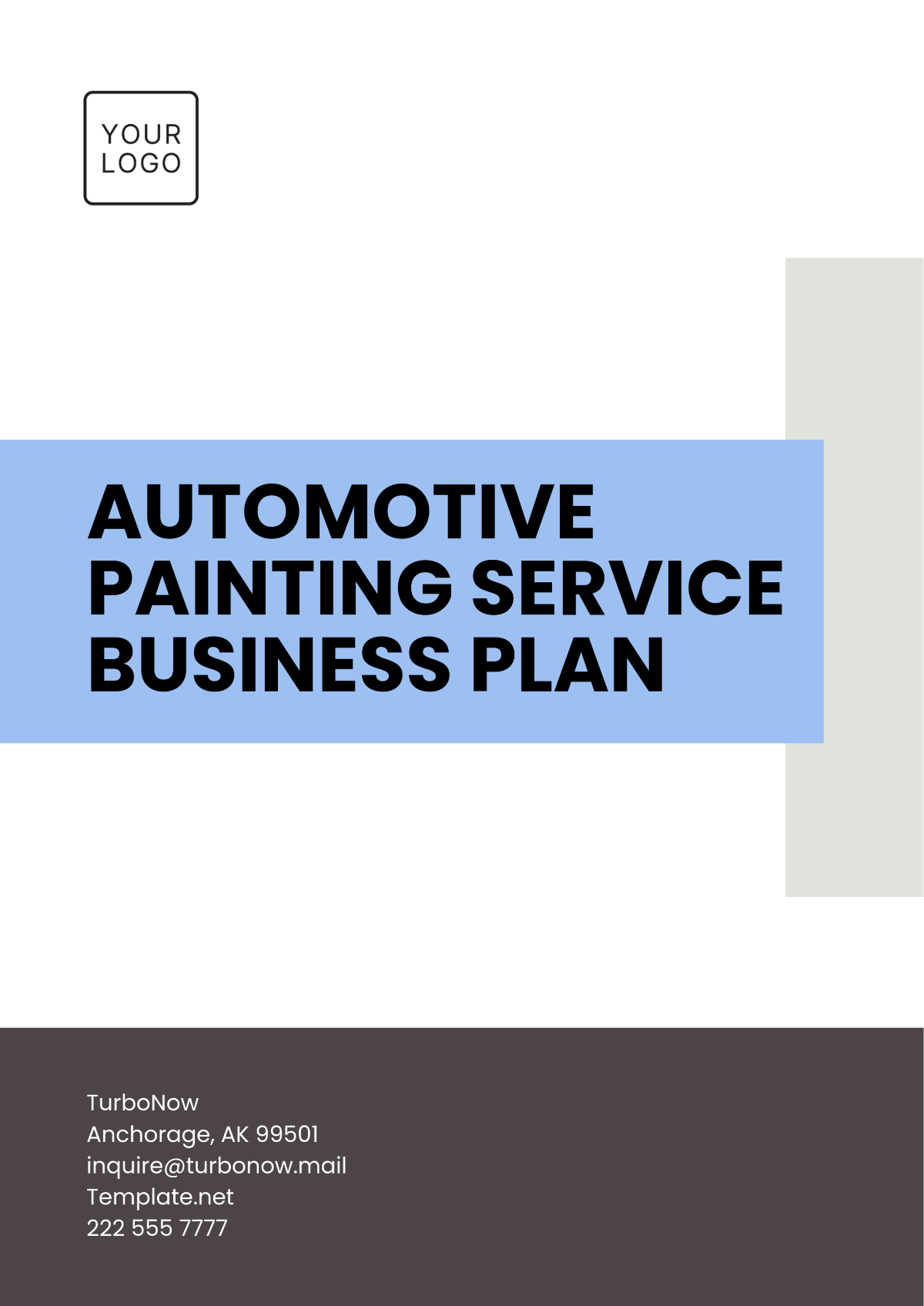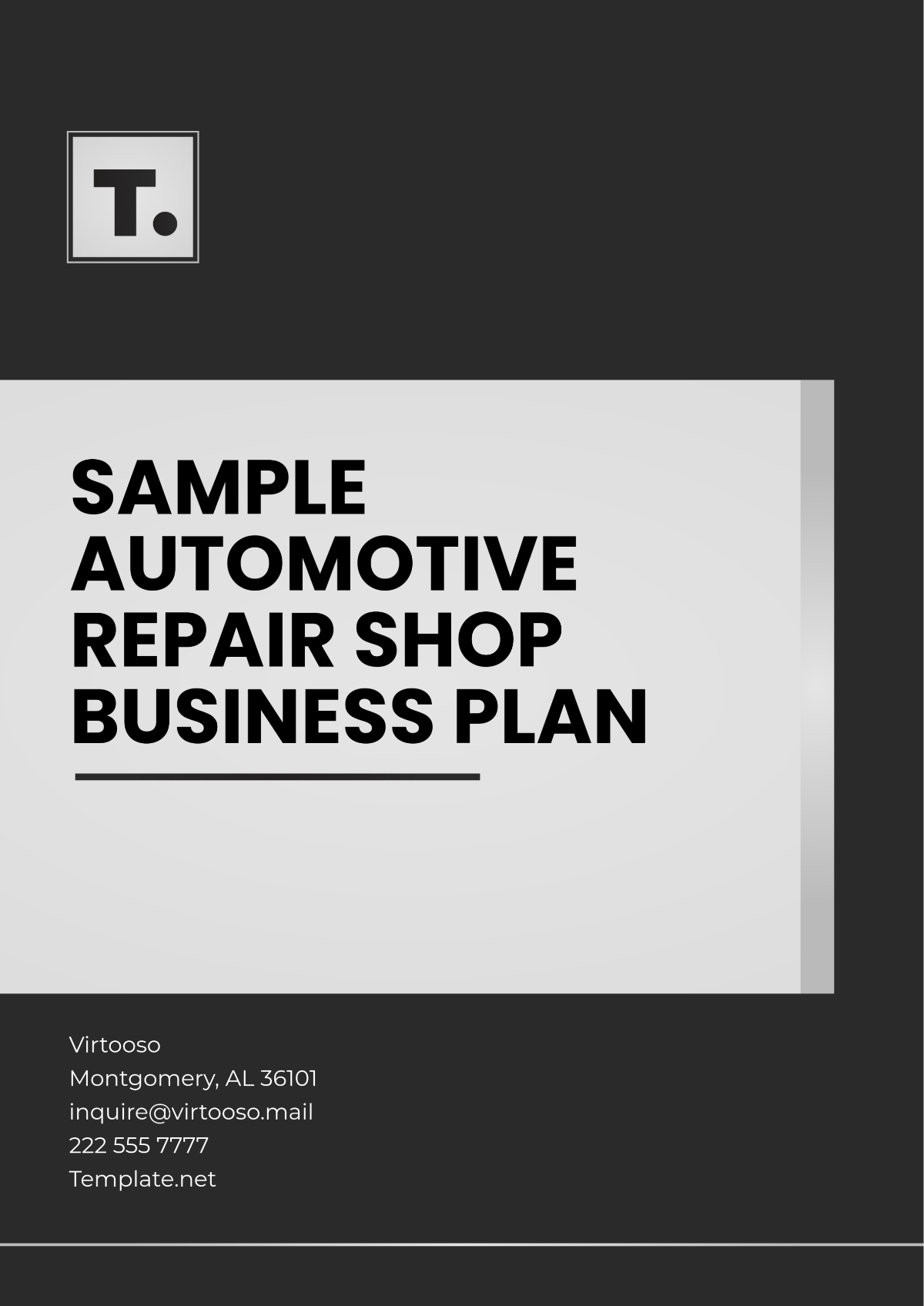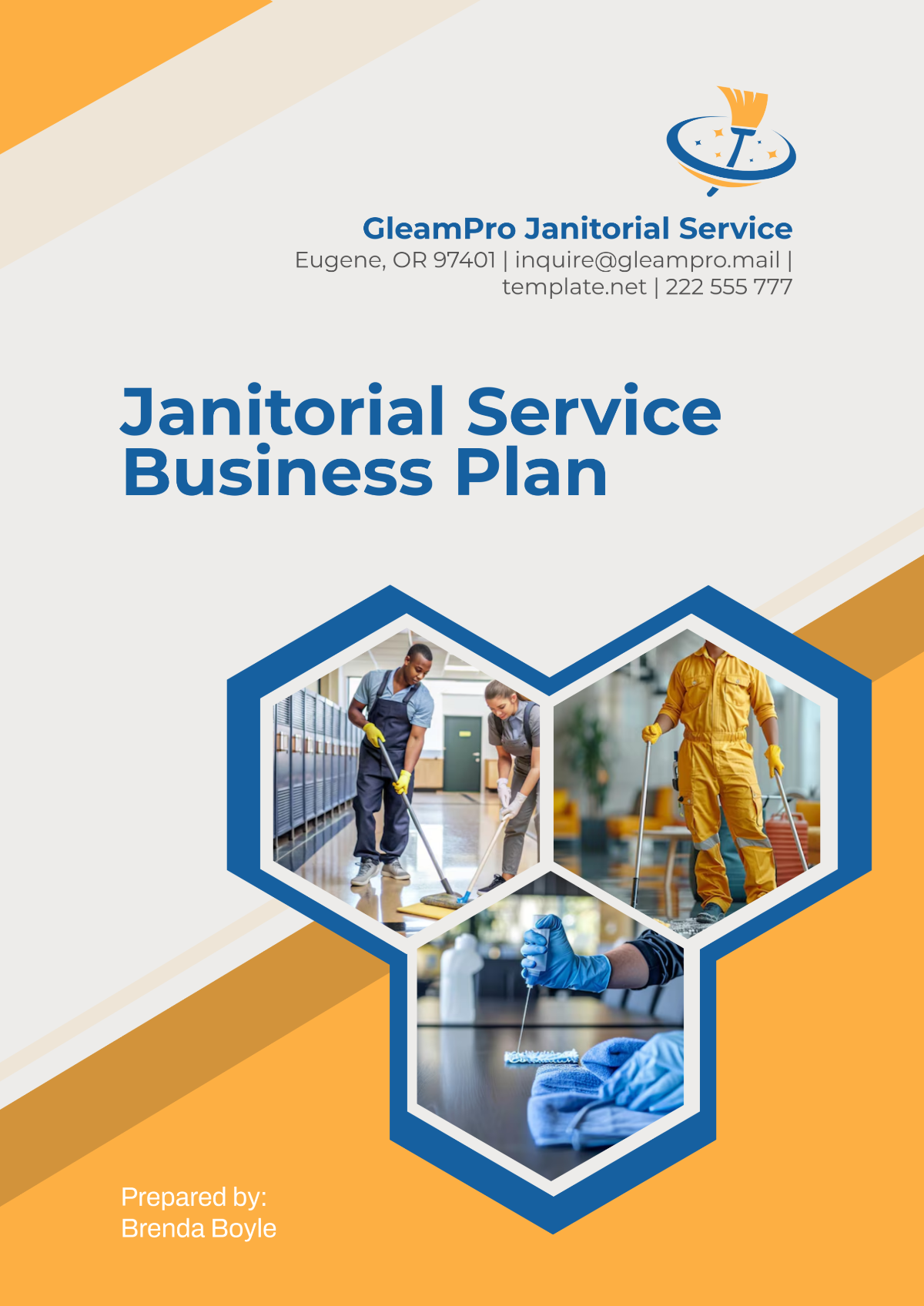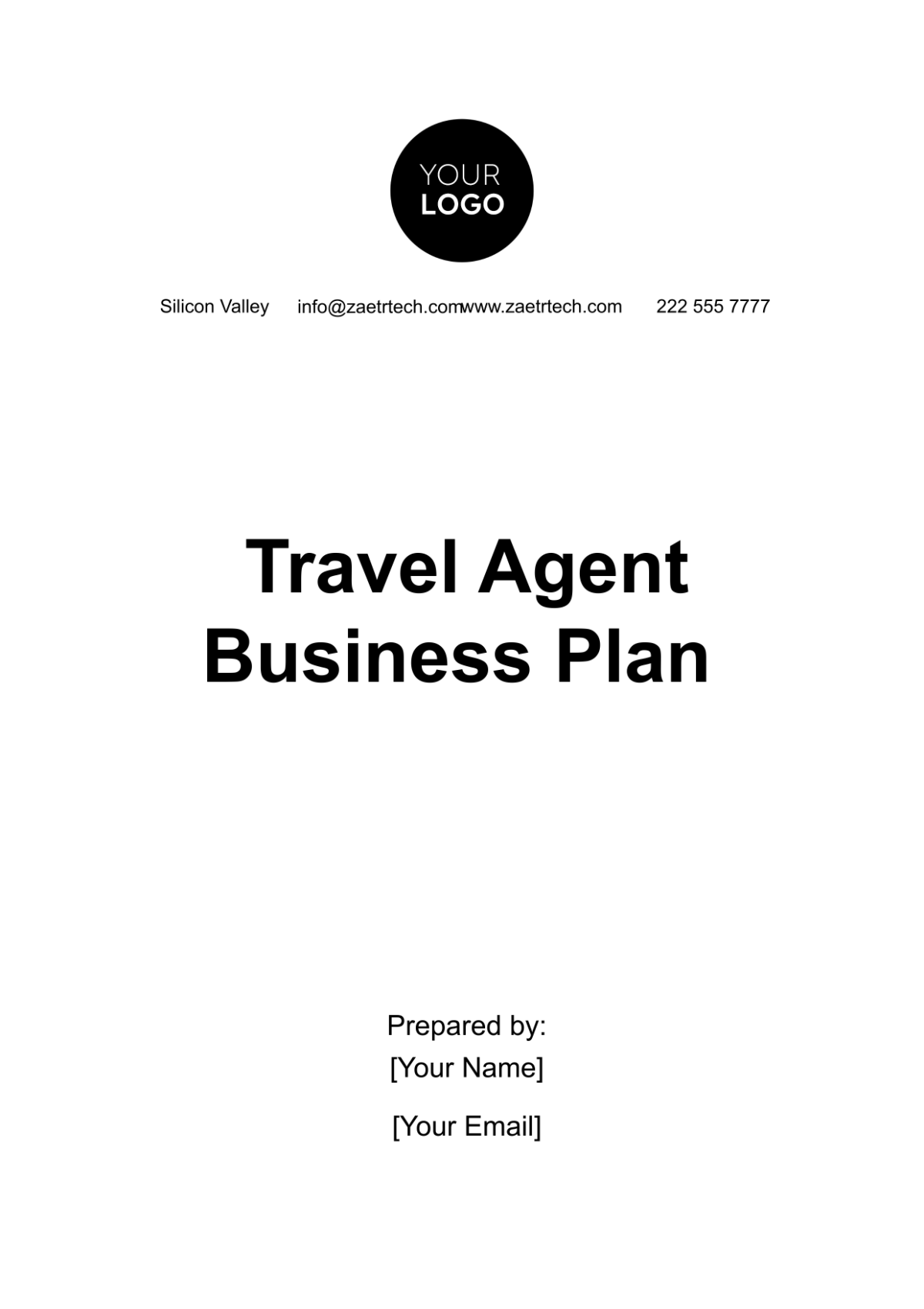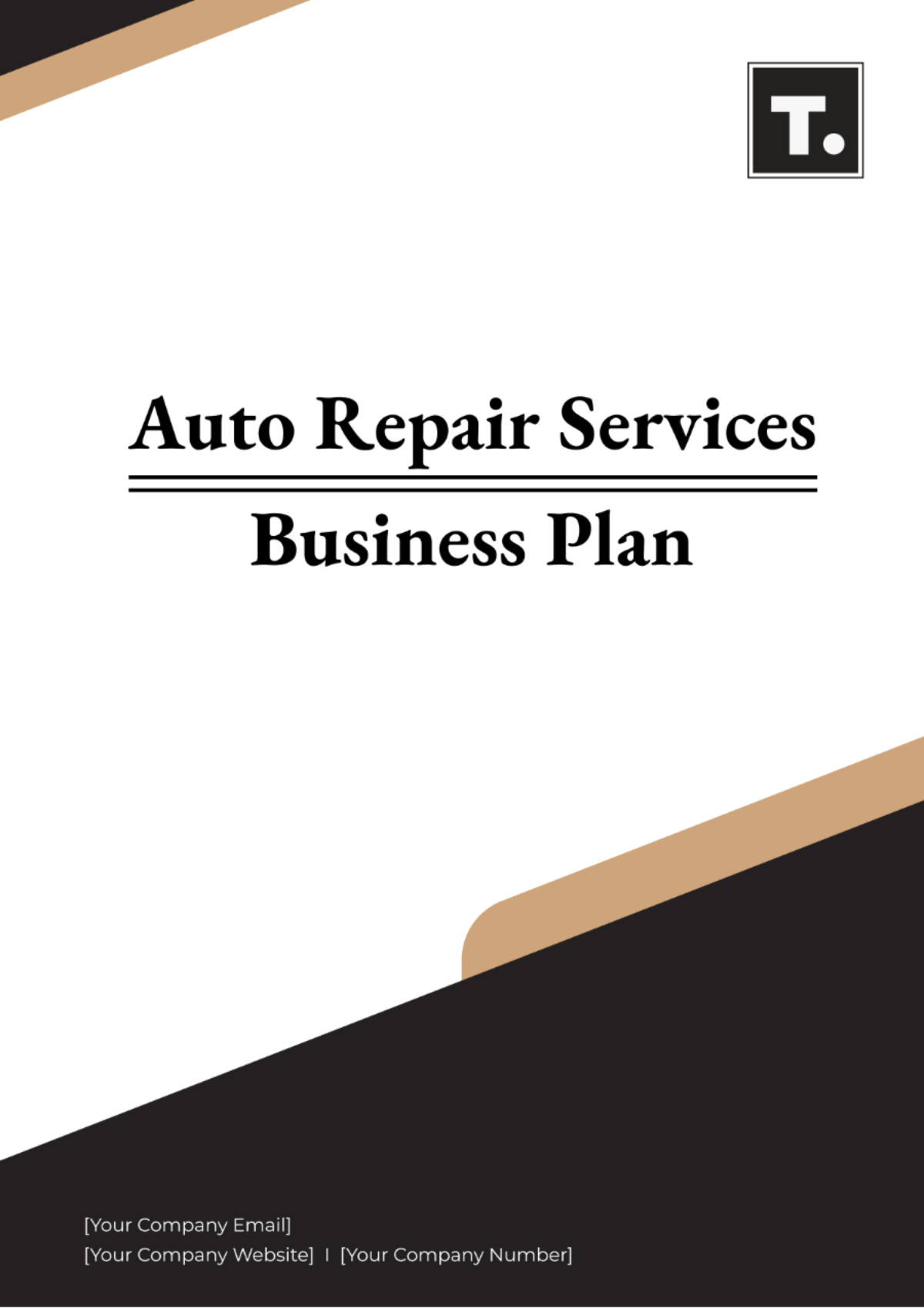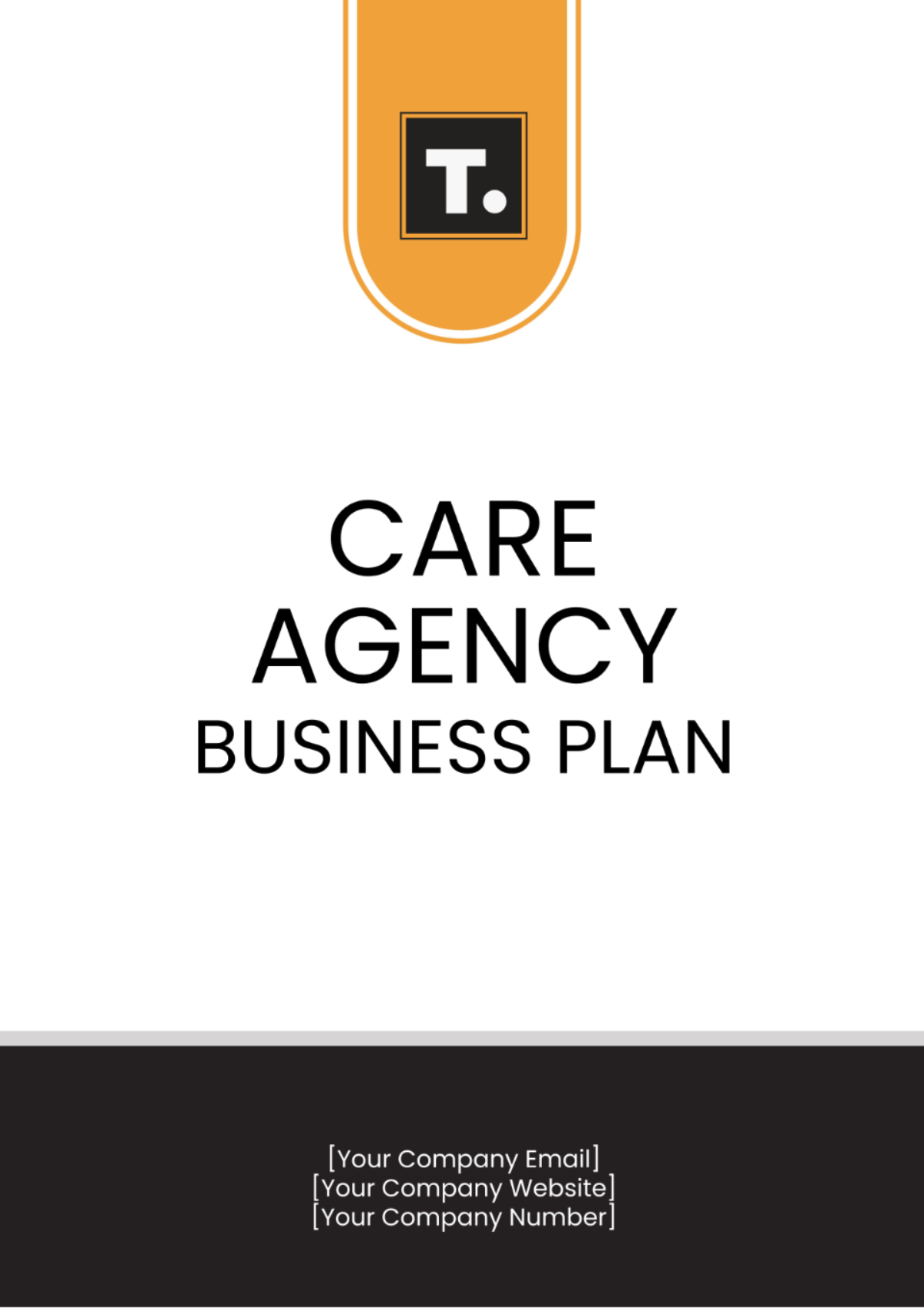Layout Automotive Tow Service Business Plan
Prepared by: [Your Name]
Company: [Your Company Name]
Date: [Insert Date]
I. Executive Summary
A. Introduction
The automotive towing service industry is a vital part of the transportation sector, assisting disabled, wrecked, or improperly parked vehicles. With the growing number of vehicles on the road and the need for immediate roadside assistance, the demand for reliable, efficient, and fast towing services is steadily increasing. This business plan outlines the creation of a professional automotive tow service business that will offer 24/7 emergency towing, roadside assistance, and vehicle recovery services. Our goal is to establish a trusted, reliable, and high-quality towing service provider that ensures customer satisfaction through fast response times, state-of-the-art equipment, and highly trained staff.
B. Business Objectives
To launch the business and become operational within the first 6 months.
To achieve $500,000 in revenue by the end of year one.
To expand the fleet size and service area by year two.
To build a strong customer base with a 90% or higher customer satisfaction rate.
C. Mission Statement
To provide professional, reliable, and safe towing services to individuals and businesses, ensuring quick response times, efficient service, and high levels of customer satisfaction.
II. Business Description
A. Products and Services
Emergency Towing Services: Providing fast, reliable towing for vehicles that are inoperable due to accidents, mechanical failure, or breakdowns.
Roadside Assistance: Offering a variety of services including tire changes, jump-starts, fuel delivery, lockout assistance, and more.
Vehicle Recovery: Handling vehicle recovery services for accidents or off-road incidents.
Long-Distance Towing: Providing long-distance towing for vehicles needing to be transported between cities or states.
Impound Towing: Offering impound towing services for vehicles that are parked illegally or need to be removed for legal reasons.
B. Target Market
Individual Vehicle Owners: Offering emergency towing and roadside assistance to consumers who need help with their vehicles.
Automobile Dealerships and Service Centers: Providing towing and transportation for vehicles that need repair or delivery.
Corporate Fleet Operators: Offering fleet management towing services for businesses with multiple vehicles.
Insurance Companies: Partnering with insurers to provide services for their policyholders who require towing and roadside assistance.
III. Market Analysis
A. Industry Overview
The automotive towing service industry is a vital component of the broader automotive repair and roadside assistance sector. With millions of vehicles on the road, the need for towing services is constant, particularly in urban areas. In addition, the increased frequency of accidents, vehicle breakdowns, and parking issues continue to drive demand for reliable towing providers. Furthermore, the growth of electric vehicles (EVs) presents a new opportunity for towing companies to expand their services.
B. Market Trends
Growing Demand for 24/7 Services: Customers expect quick, reliable service, often during non-business hours.
Emerging Technology: The integration of GPS tracking, digital dispatch systems, and mobile apps to improve customer experience.
Electric Vehicle Towing: Specialized services for electric vehicle towing and charging services, including roadside assistance for EVs.
Eco-Friendly Towing Solutions: Towing companies are beginning to use more fuel-efficient vehicles and electric tow trucks.
C. Competitive Landscape
The towing service market is competitive, with many local and regional companies providing similar services. However, the market is fragmented, and businesses that can offer superior customer service, faster response times, and reliable vehicles have an opportunity to stand out. Key competitors will include other local towing businesses, auto repair shops offering towing services, and larger nationwide tow companies.
IV. Competitive Advantage
A. Quick Response Times
Our fleet of tow trucks will be equipped with GPS tracking systems to ensure that customers receive the quickest response possible, reducing wait times.
B. Professional Staff
Our team will be thoroughly trained to handle all types of towing situations safely and efficiently. Each staff member will be fully licensed and certified to perform the services we offer.
C. Reliable Fleet of Tow Trucks
We will maintain a diverse fleet of tow trucks and equipment, including flatbed trucks, wheel-lift trucks, and heavy-duty tow trucks, to ensure that we can handle any towing job.
D. 24/7 Availability
We will operate 24 hours a day, 7 days a week, ensuring that customers can rely on us anytime, including during holidays, nights, and weekends.
V. Operations Plan
A. Facility Setup
The business will operate from a centrally located garage with access to major highways. The facility will house our fleet of tow trucks, office space for dispatch and customer service, and storage for impounded vehicles.
B. Equipment and Fleet
We will acquire a fleet of diverse tow trucks, ranging from light-duty vehicles for passenger cars to heavy-duty trucks for larger vehicles. Additionally, we will invest in modern equipment to ensure safe and efficient towing, such as dollies, winches, and chains.
C. Service Process
Customer Call: Customers can contact us via phone, website, or mobile app.
Dispatching: Our dispatch team will use GPS systems to send the nearest tow truck to the customer’s location.
On-Site Service: Tow truck drivers will arrive promptly, assess the situation, and provide the necessary service.
Post-Service: After towing or roadside assistance, customers will be billed, and follow-up calls will be made to ensure satisfaction.
VI. Marketing and Sales Strategy
A. Branding and Marketing
Website and App Development: A user-friendly website and mobile app will allow customers to book services and track their tow truck in real time.
Local Advertising: We will invest in local advertising through Google Ads, social media platforms, and local radio stations.
Partnerships: Establish partnerships with insurance companies, car dealerships, and fleet managers to provide towing services.
Customer Loyalty Programs: Introduce a rewards program for repeat customers, offering discounts on future services.
B. Sales Strategy
Direct Sales: Sales staff will target corporate clients, insurance companies, and fleet owners.
Emergency Service Promotion: Promoting 24/7 emergency towing services as a unique selling point to increase customer awareness and demand.
Referral Program: Offer incentives for customers who refer friends and family to our towing service.
VII. Financial Plan
A. Startup Costs
Fleet Acquisition: $500,000
Facility Setup and Equipment: $150,000
Marketing and Branding: $50,000
Operational Expenses: $100,000
Working Capital: $50,000
Total Startup Costs: $850,000
B. Revenue Projections
Year 1: $600,000
Year 2: $900,000
Year 3: $1,200,000
C. Funding Requirements
The business is seeking $850,000 in funding to cover startup costs, fleet acquisition, and initial working capital. This funding will be sourced through a combination of loans, investor capital, and business grants.
VIII. Conclusion
The automotive towing service business has strong growth potential, driven by the increasing number of vehicles on the road, the growing demand for 24/7 roadside assistance, and the rise in electric vehicles. By offering reliable, fast, and efficient towing and roadside assistance services, we aim to build a strong reputation and become a leading provider in our market area. Our commitment to customer satisfaction, professional service, and modern technology will help ensure the long-term success of the business.
